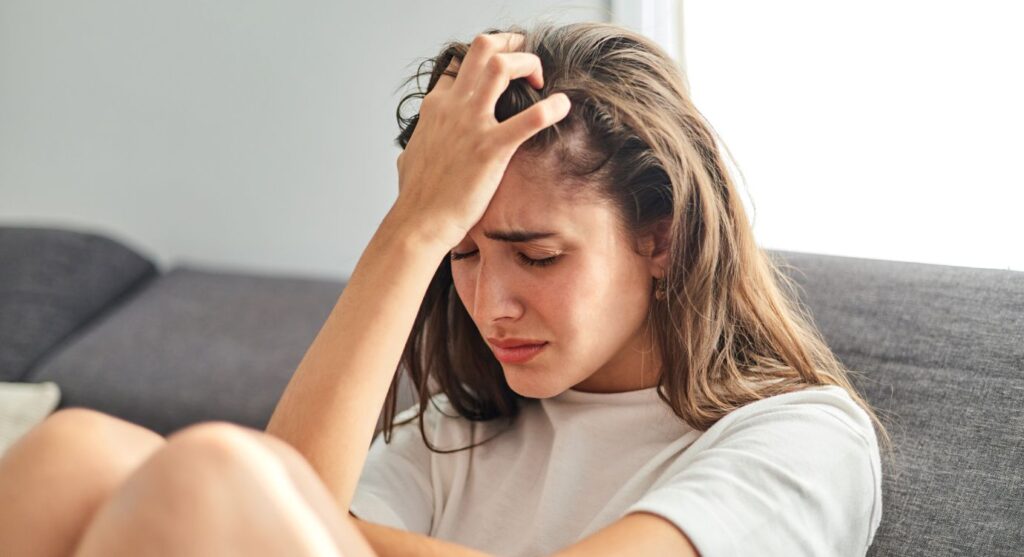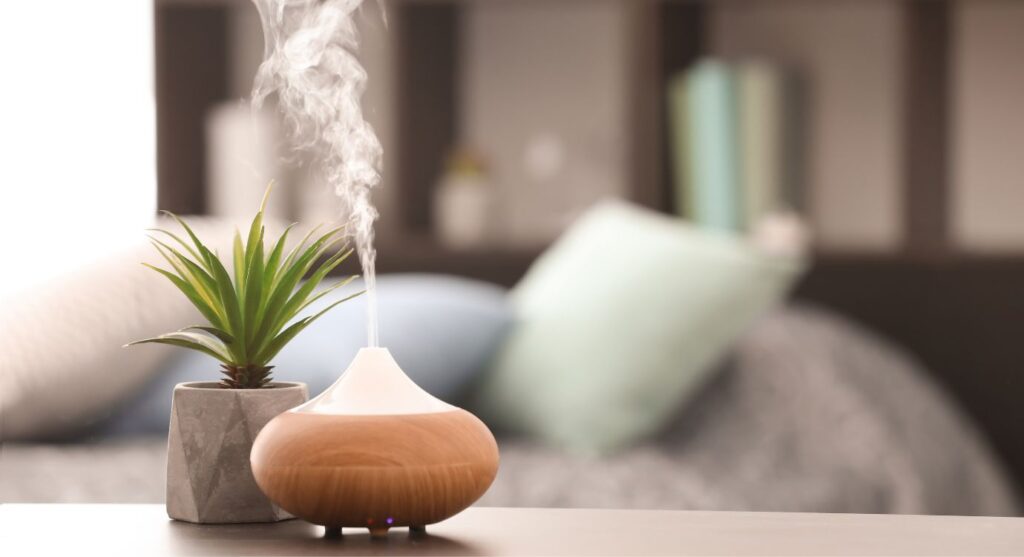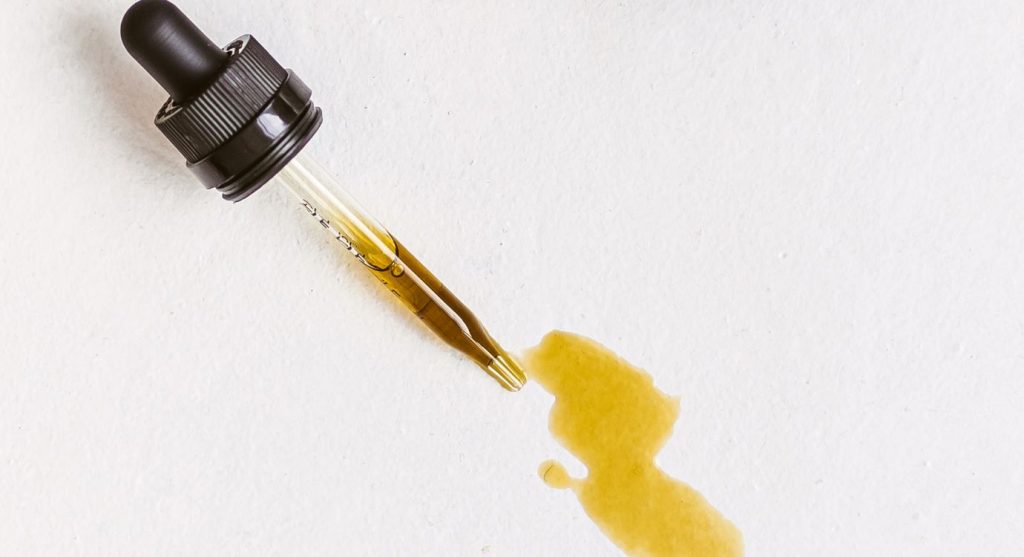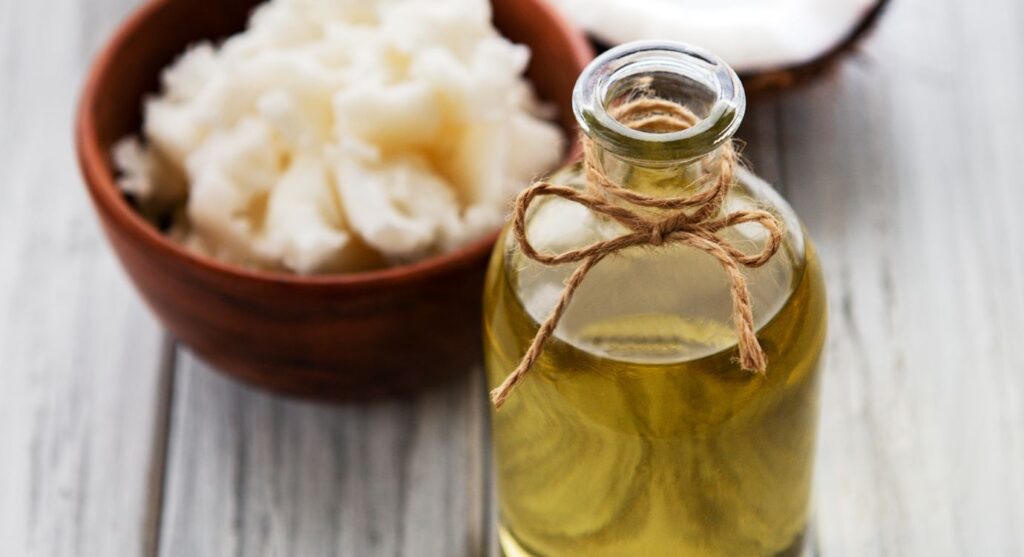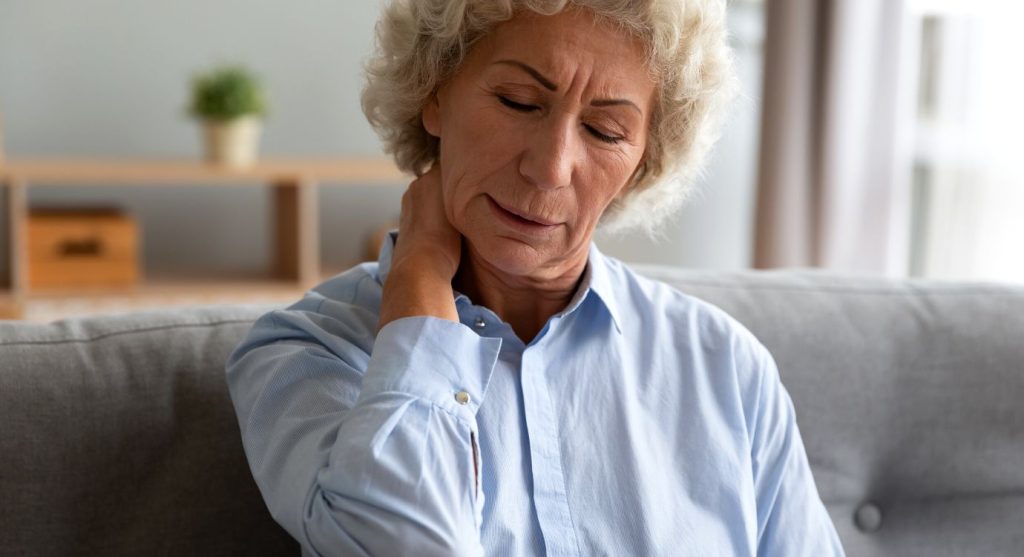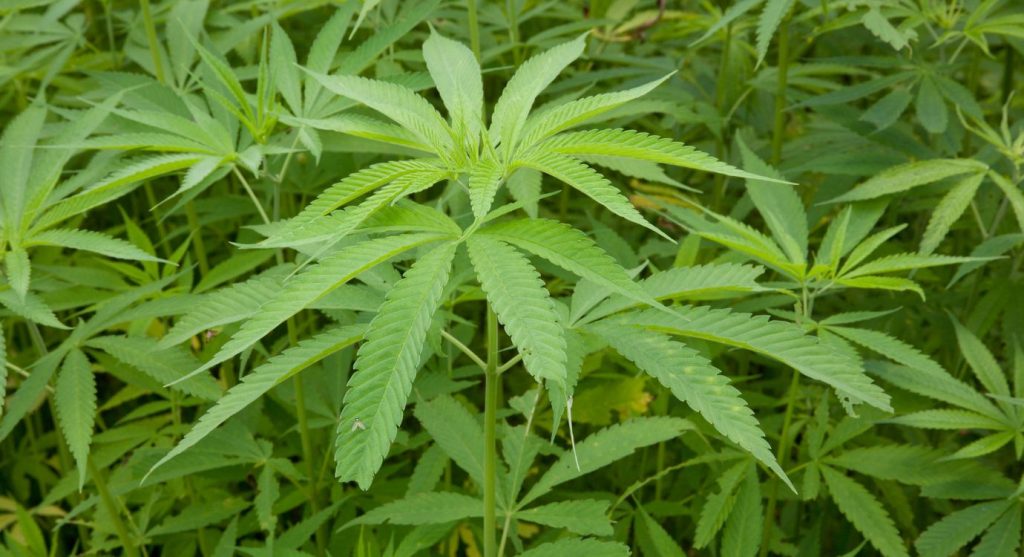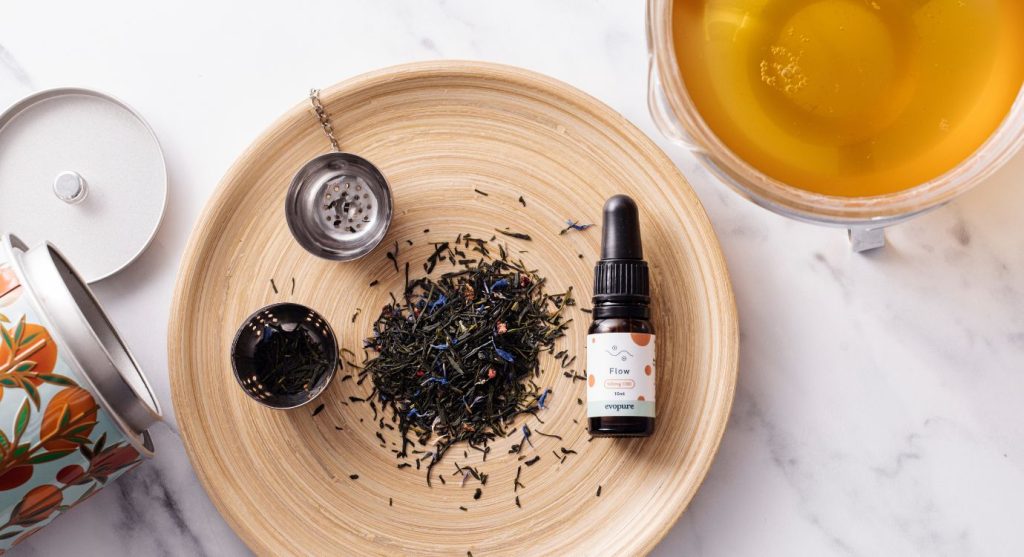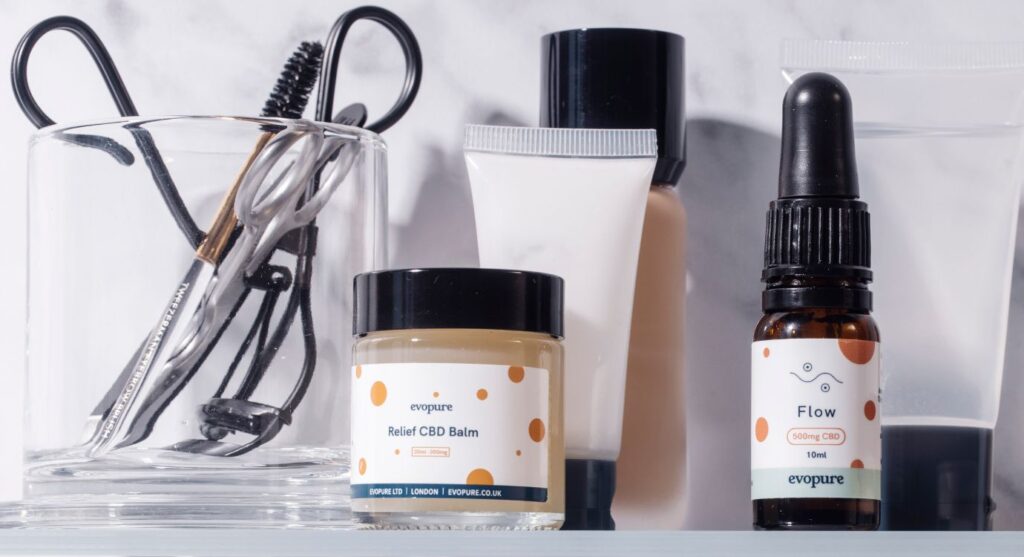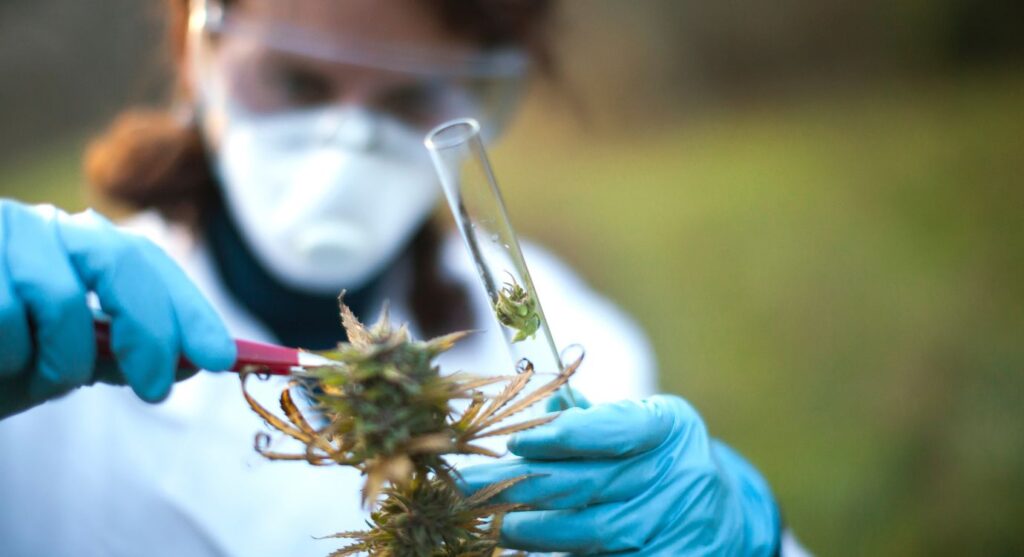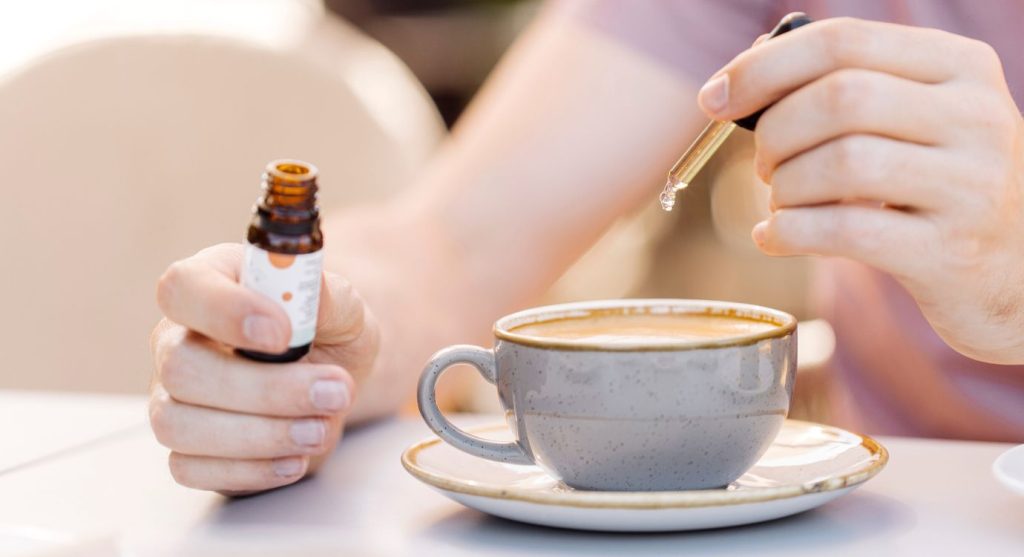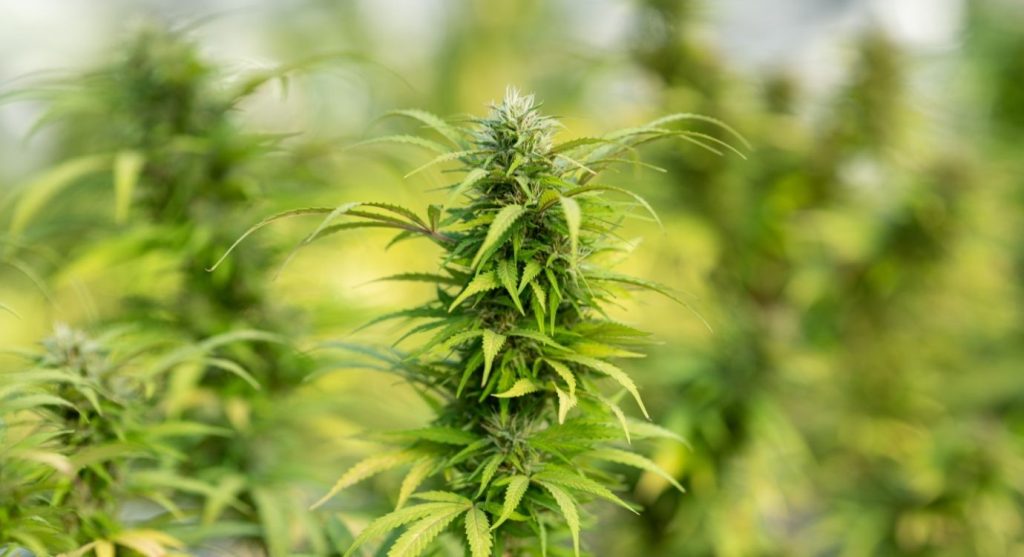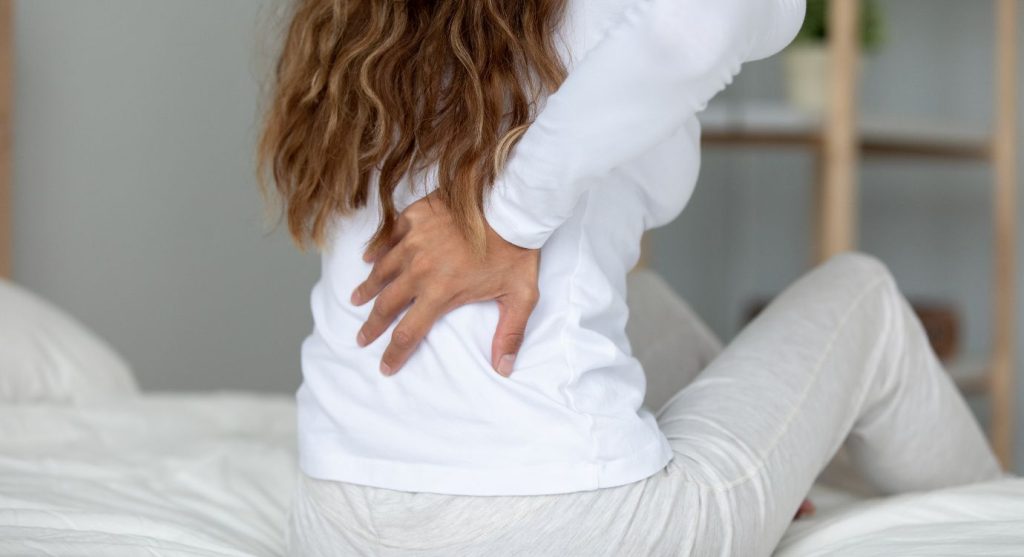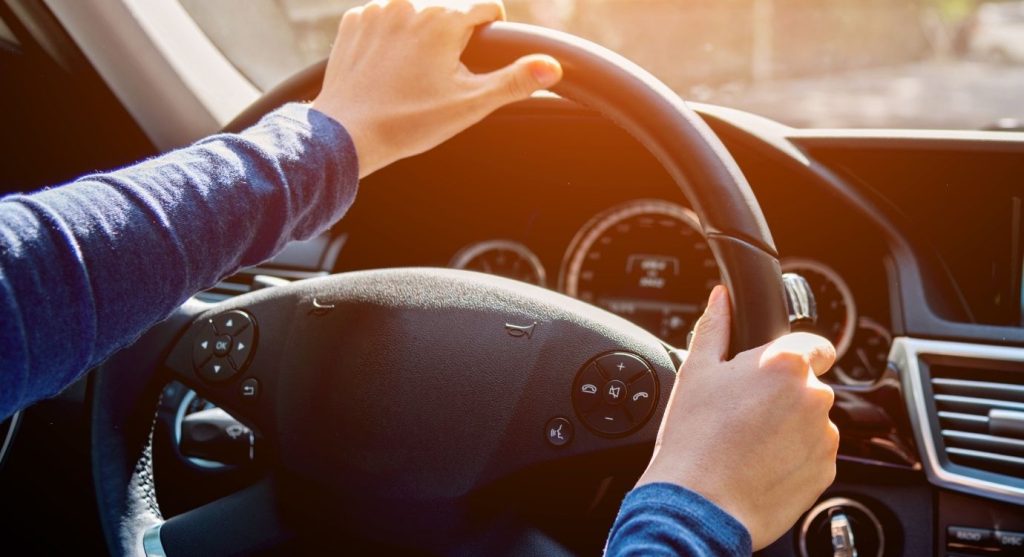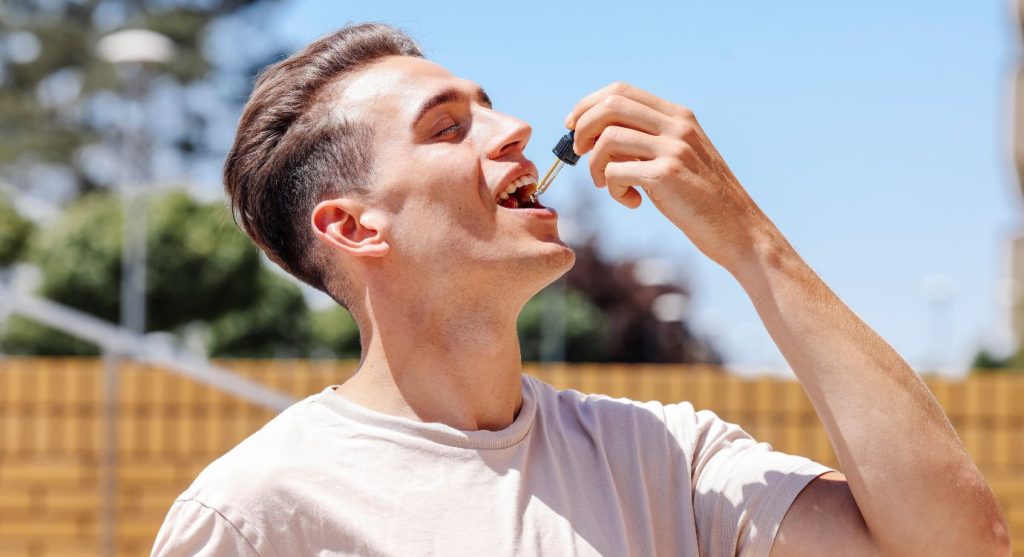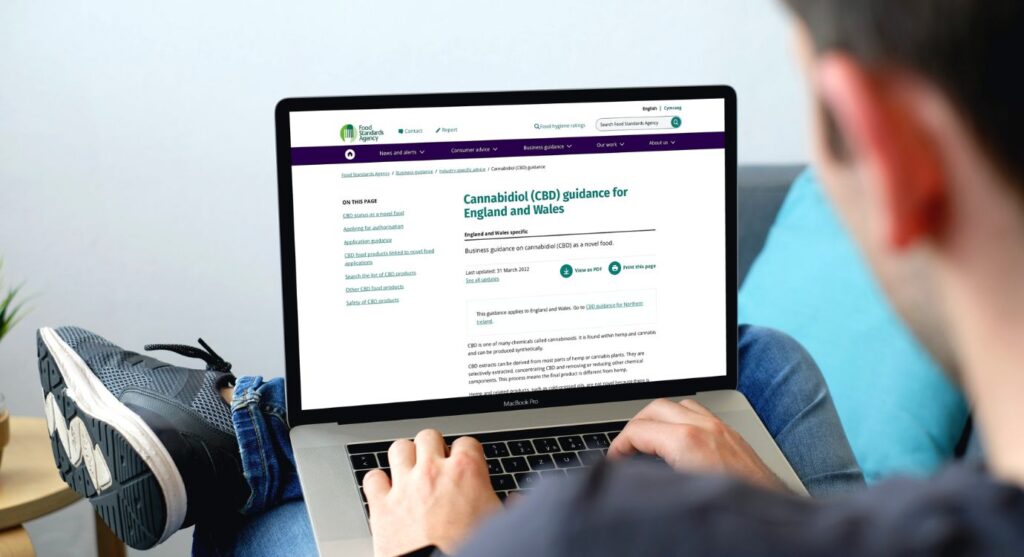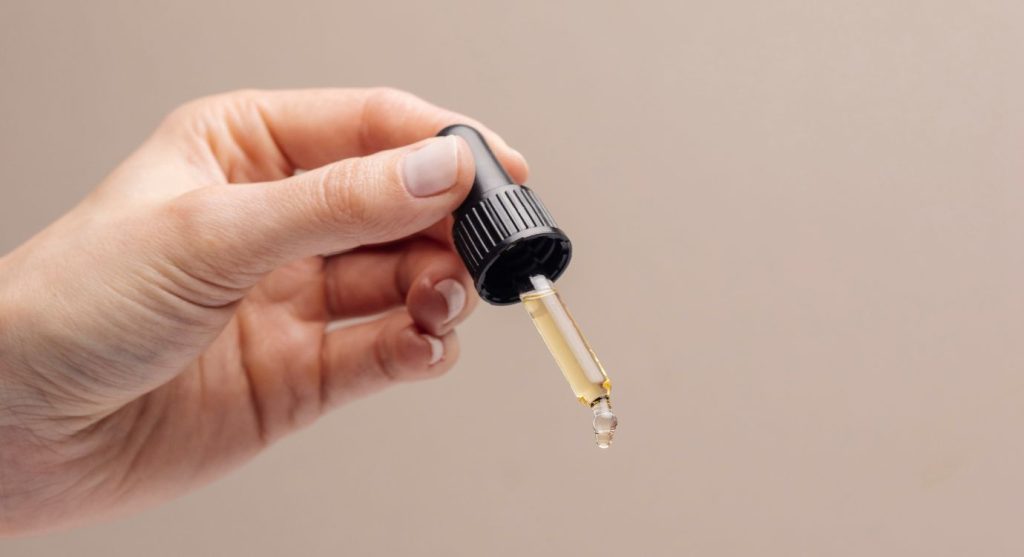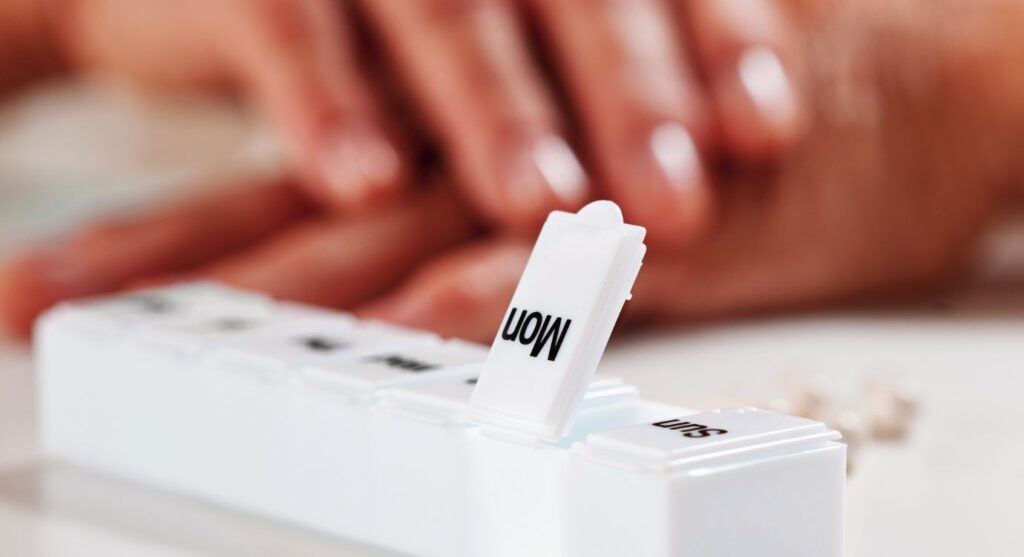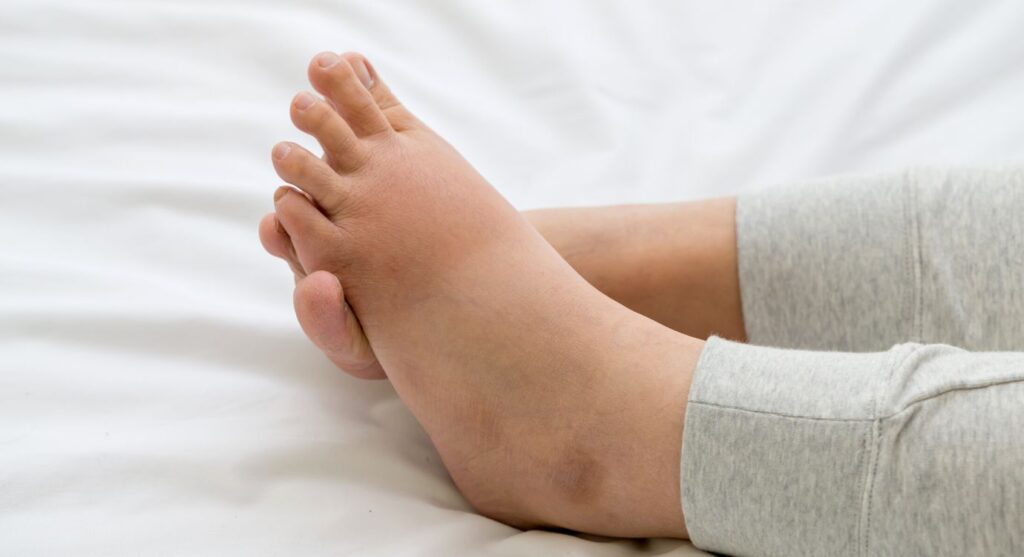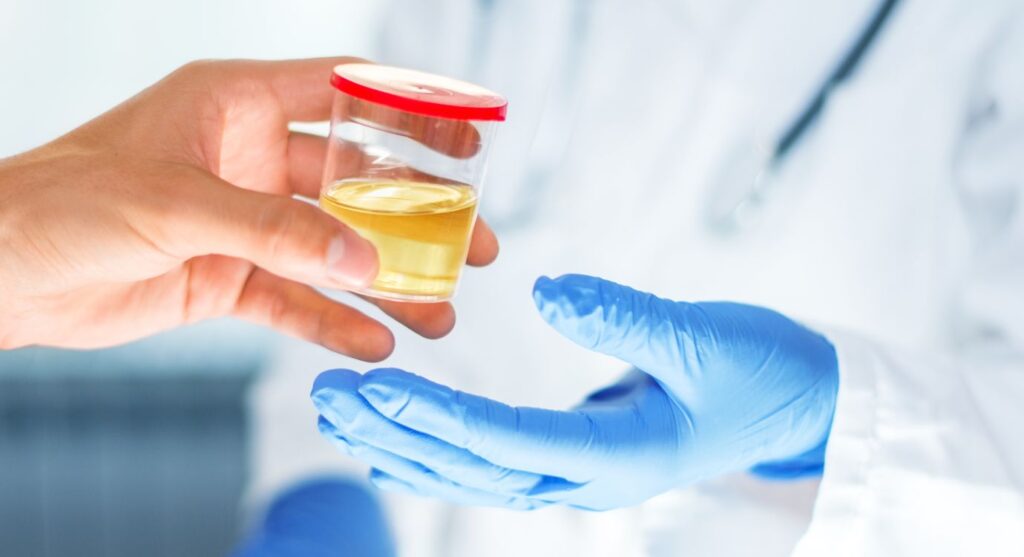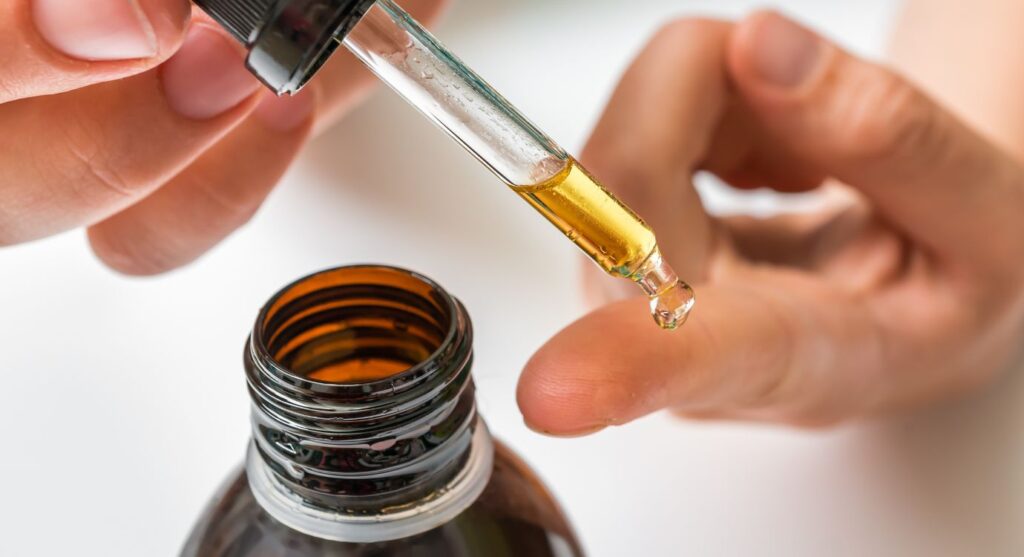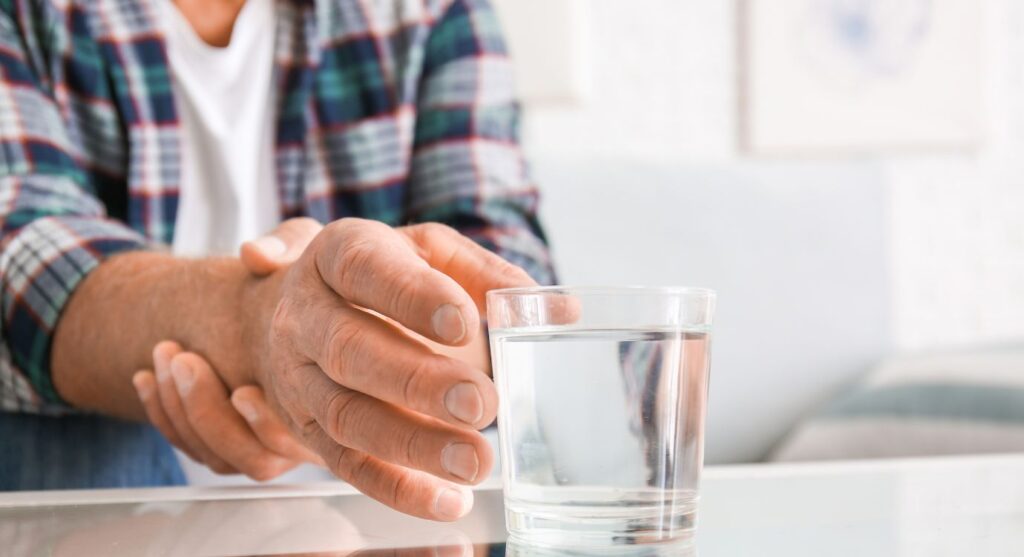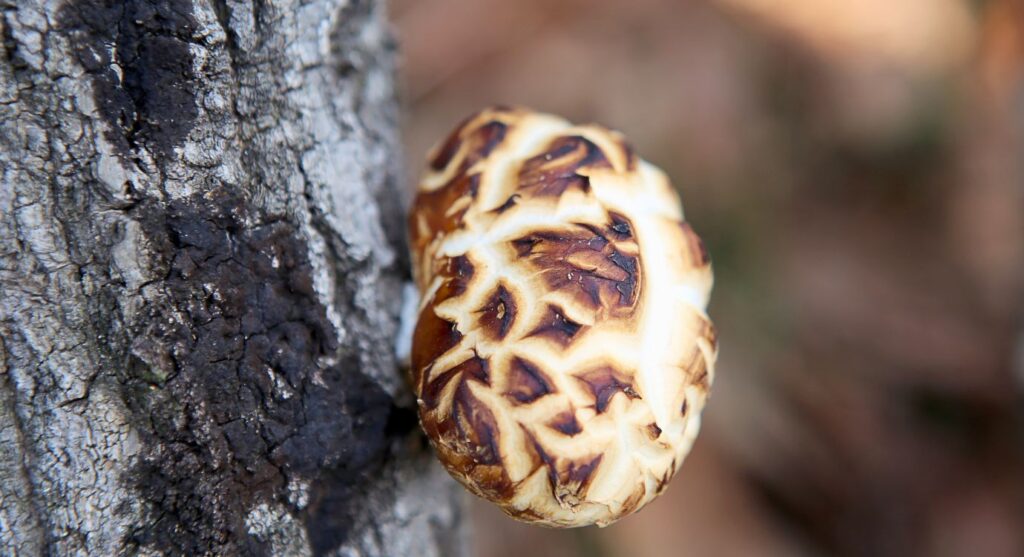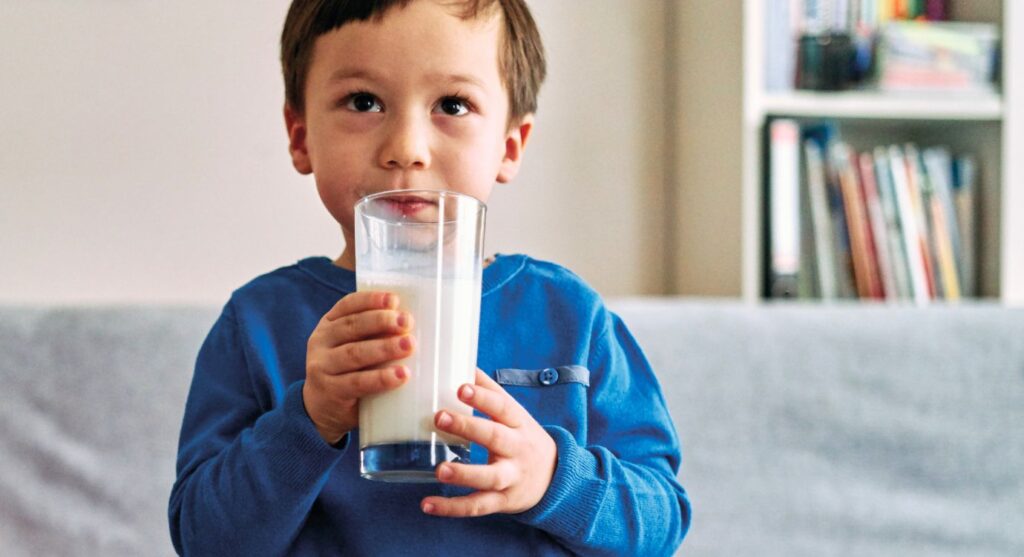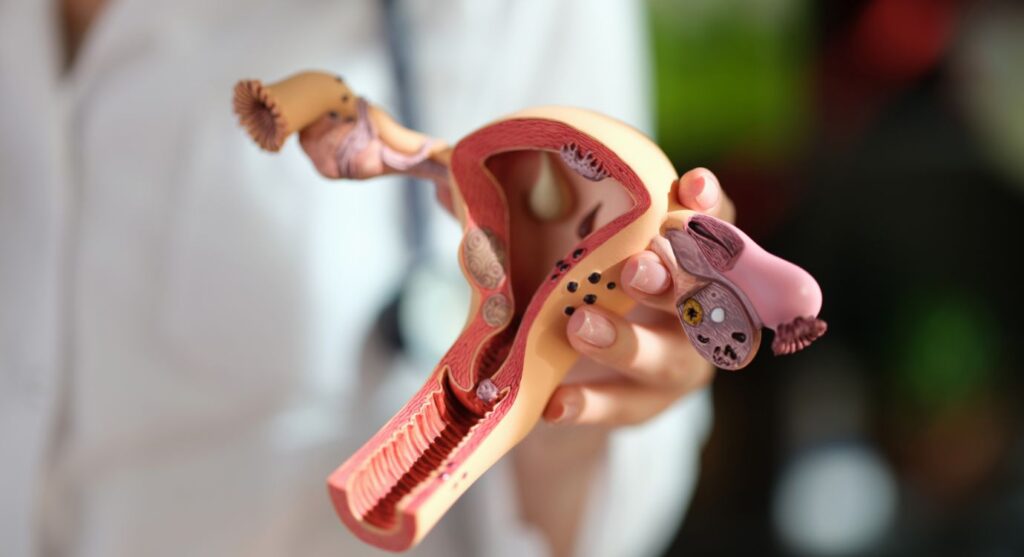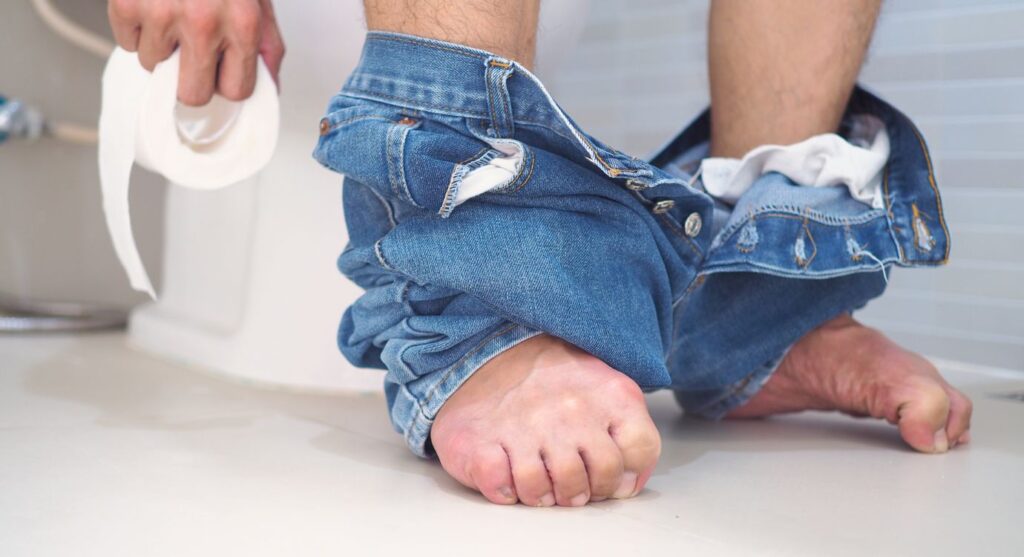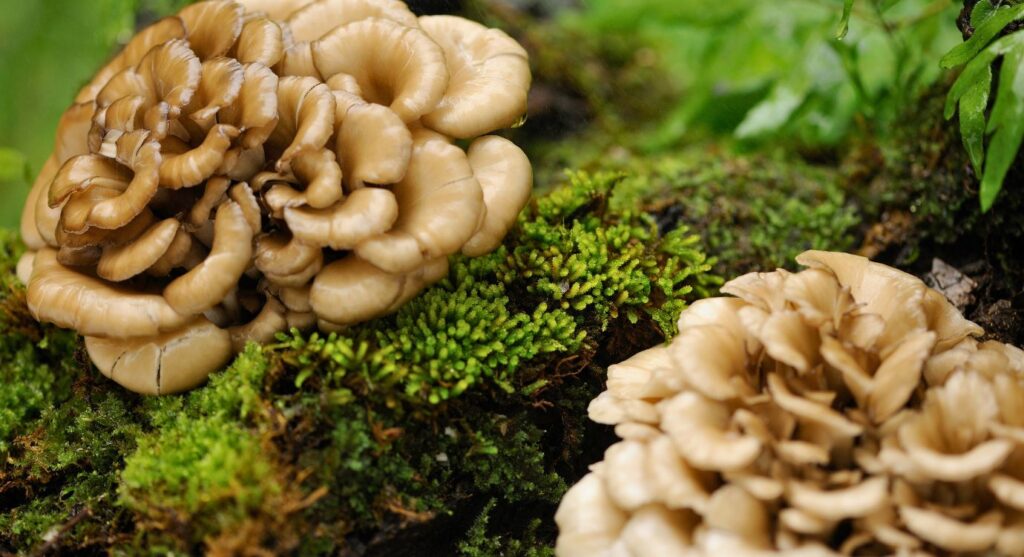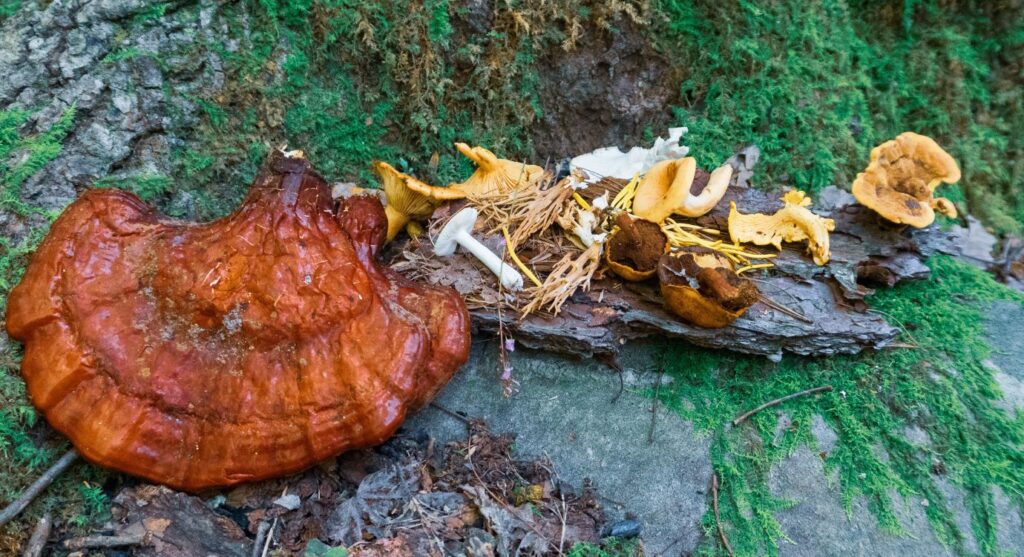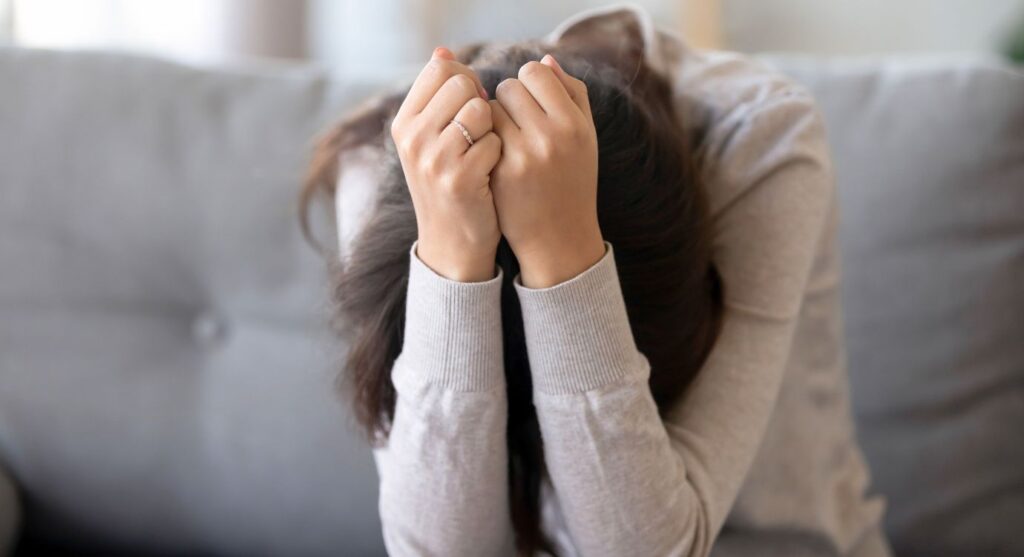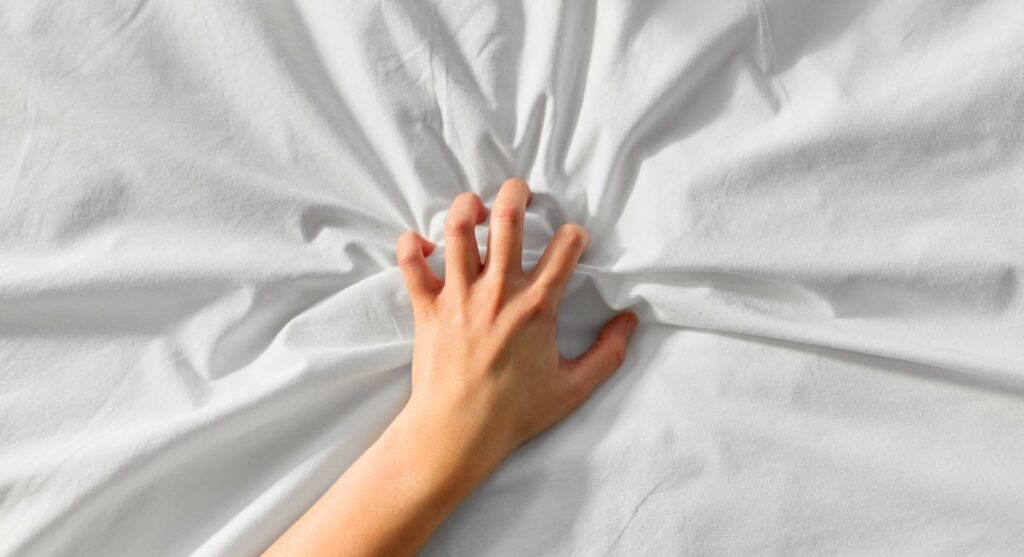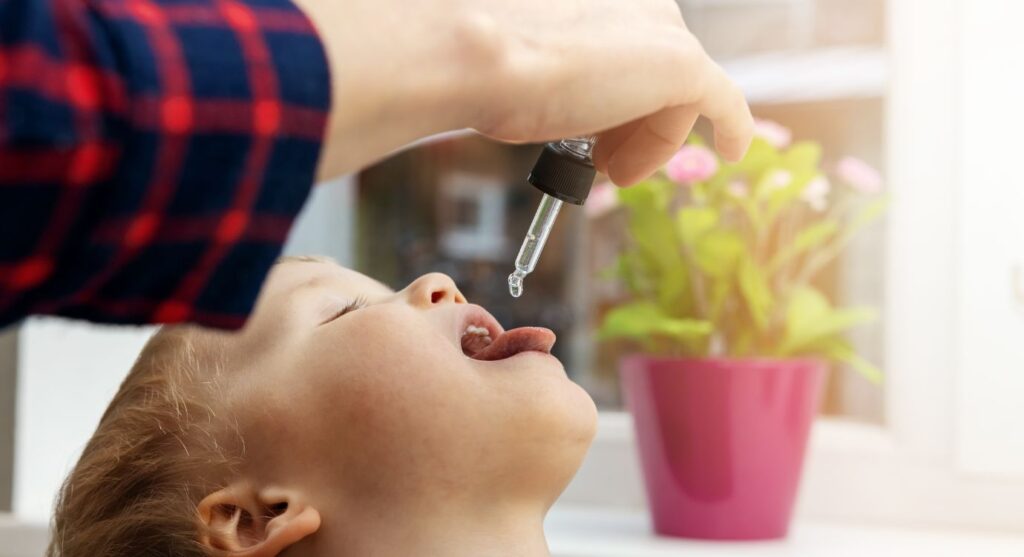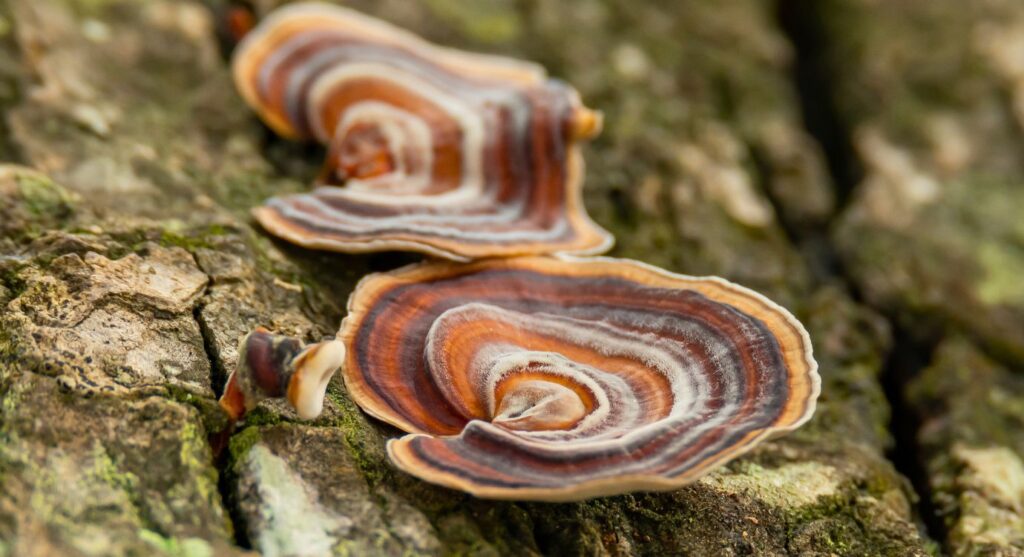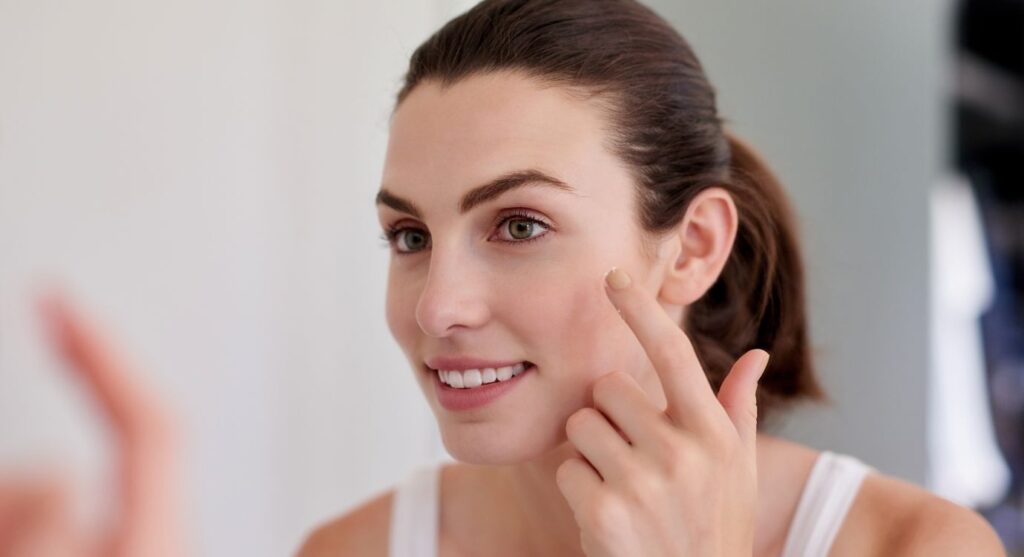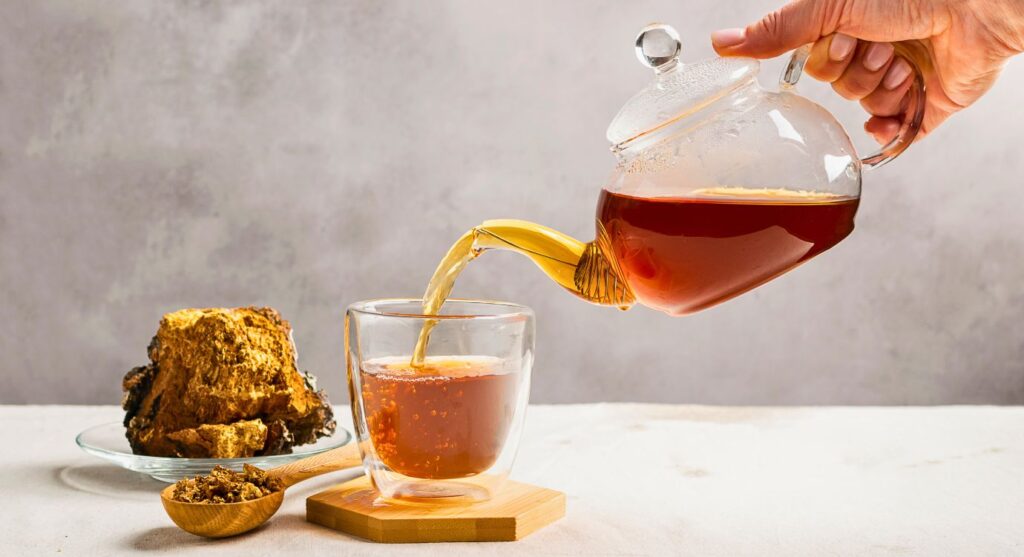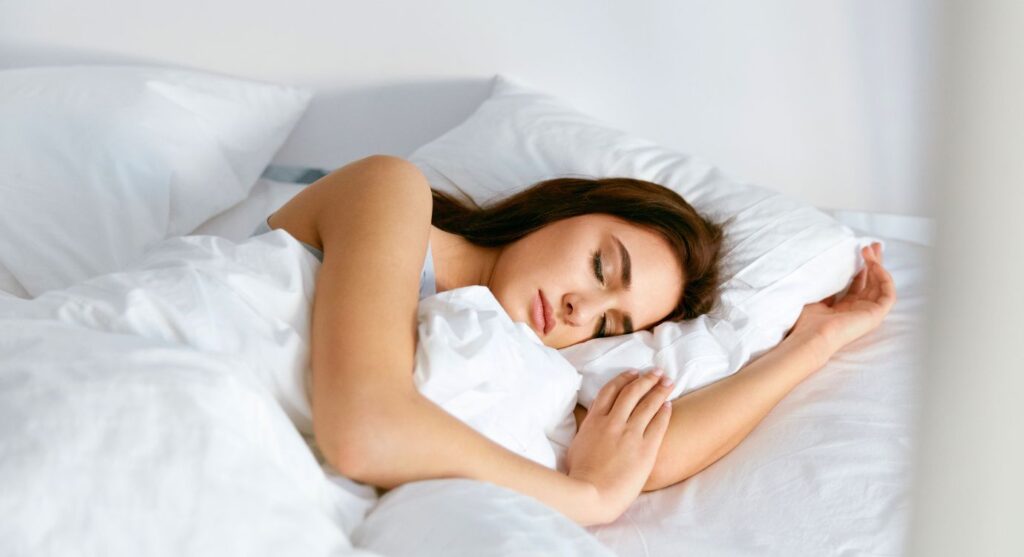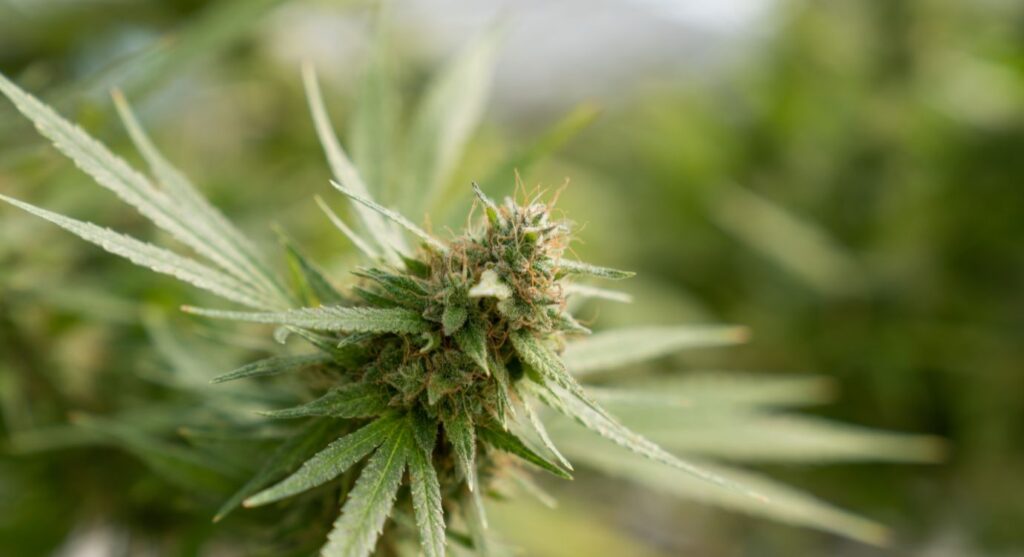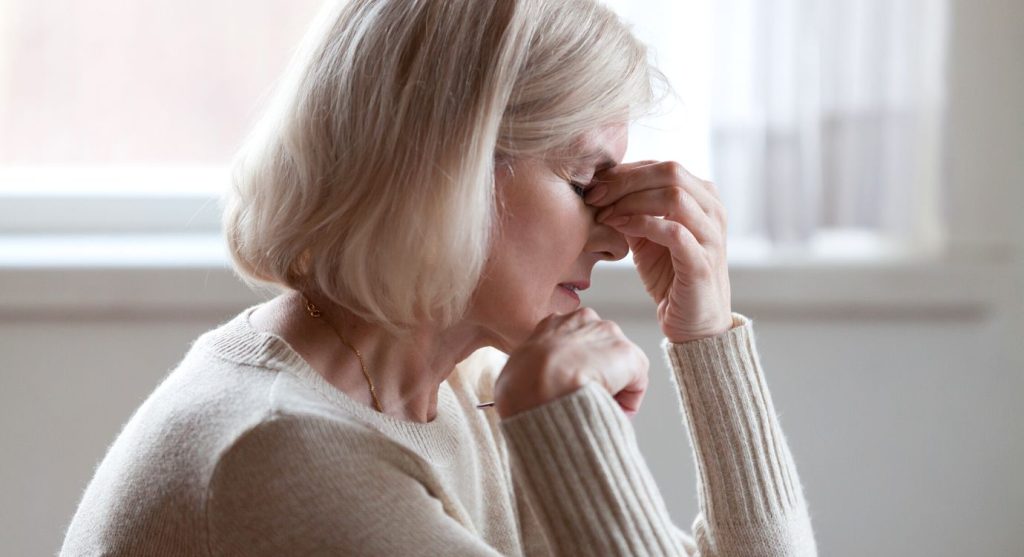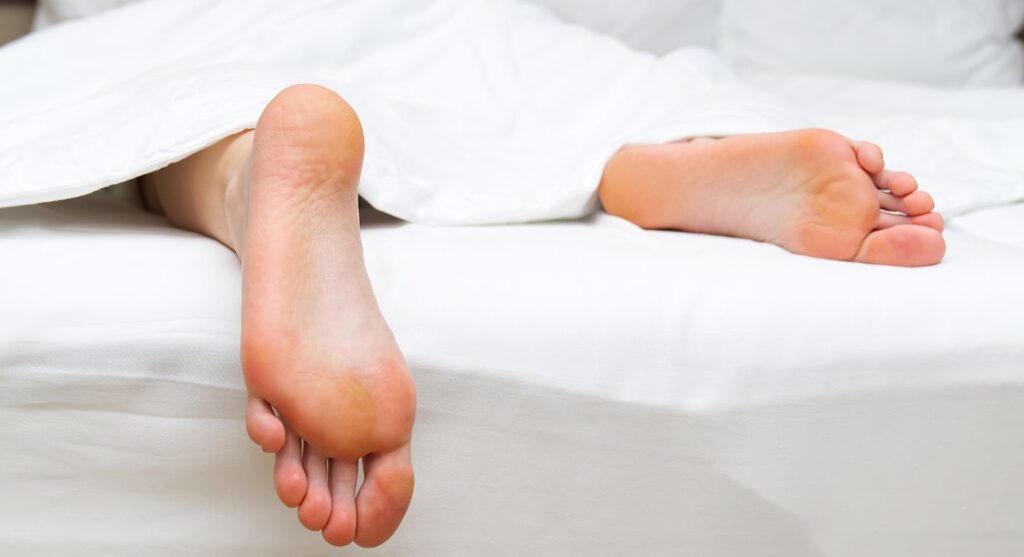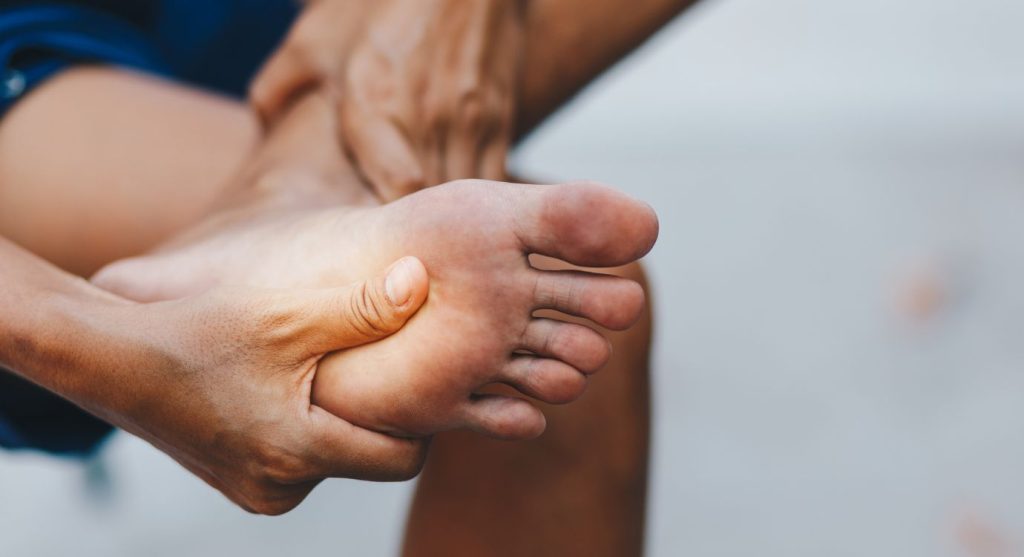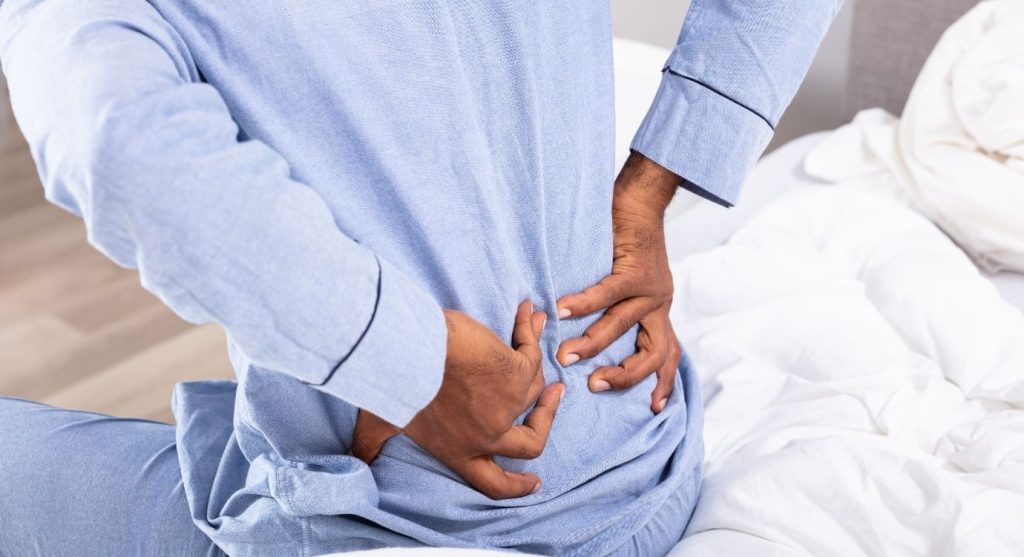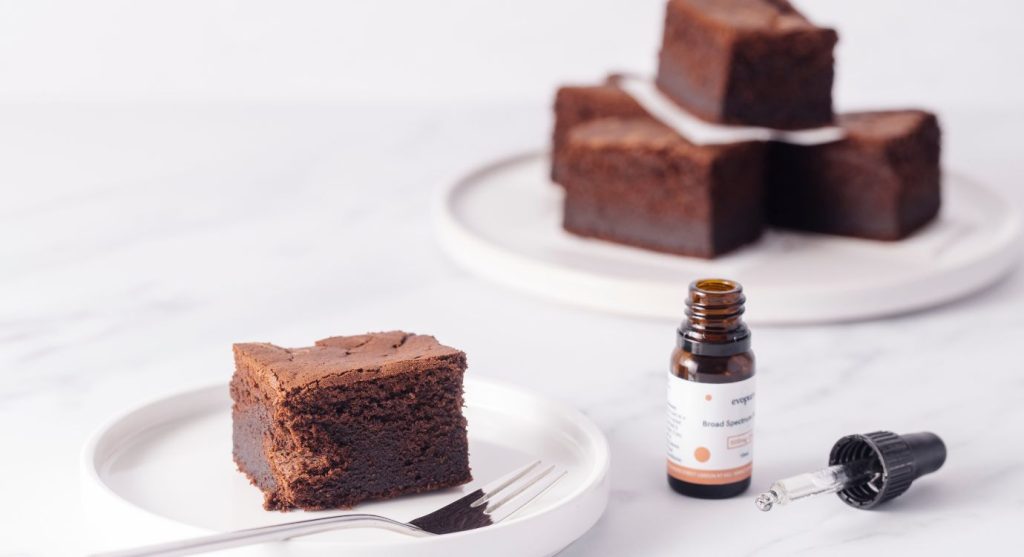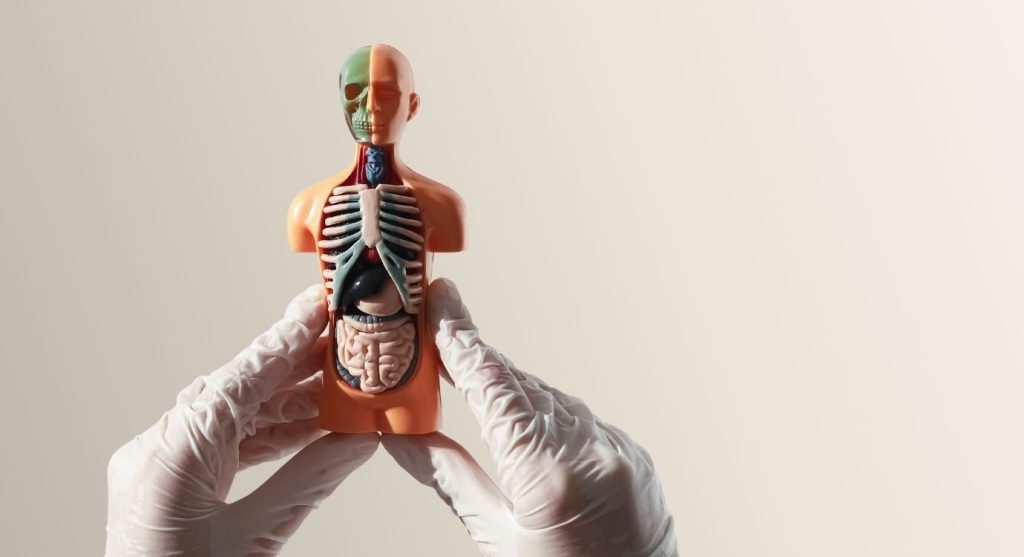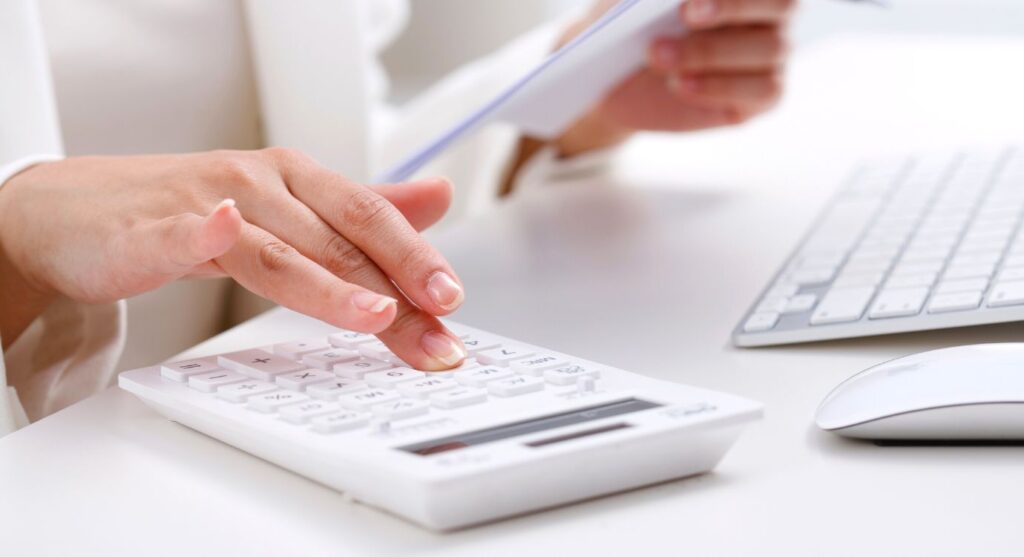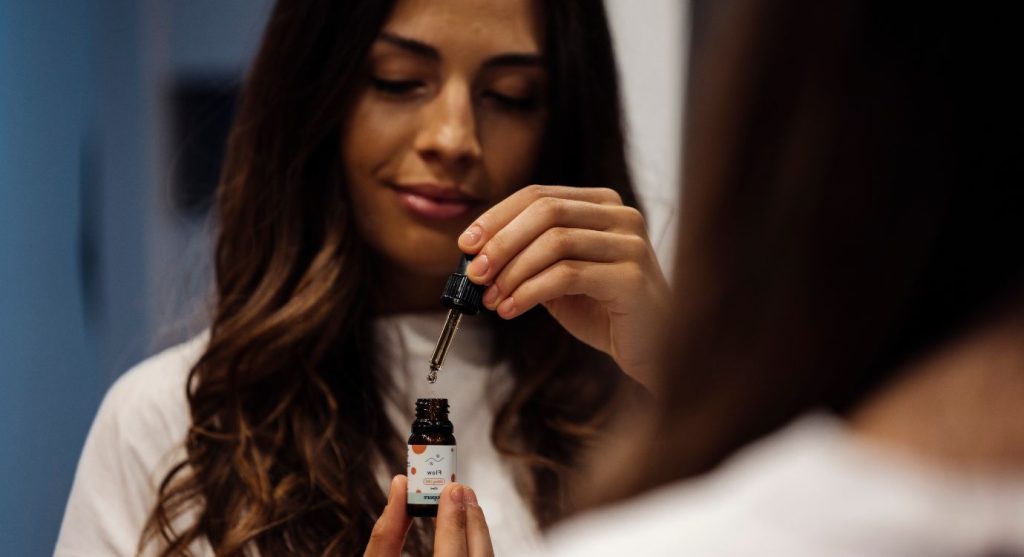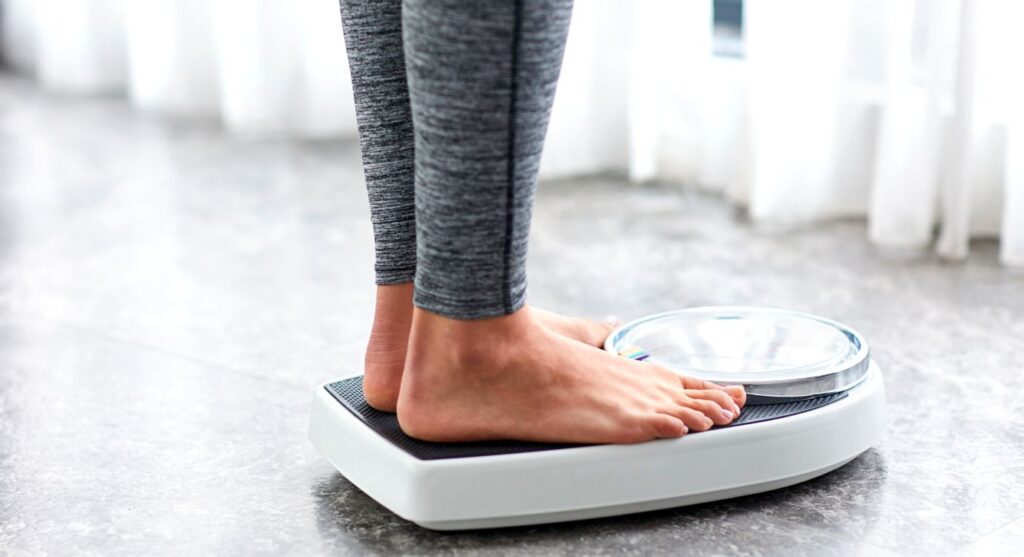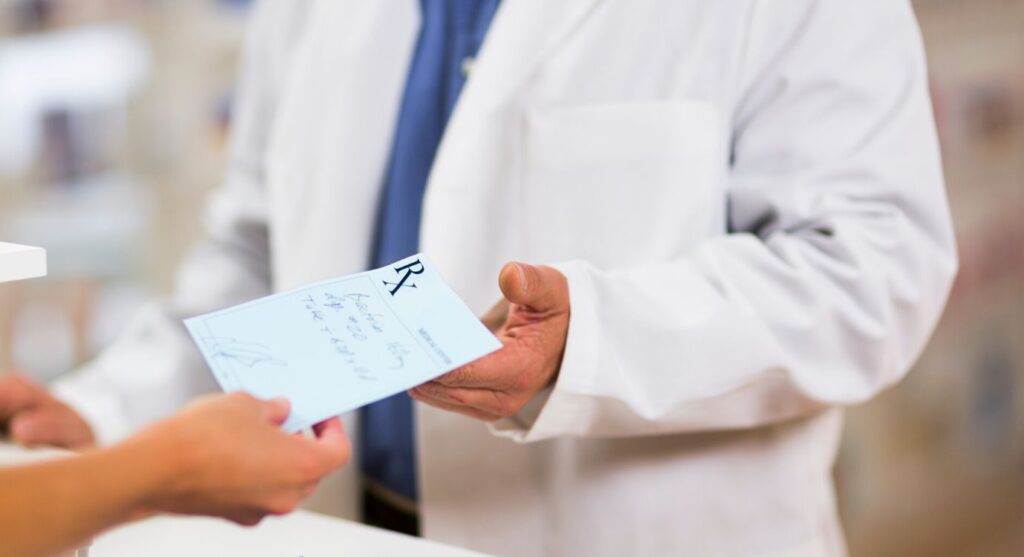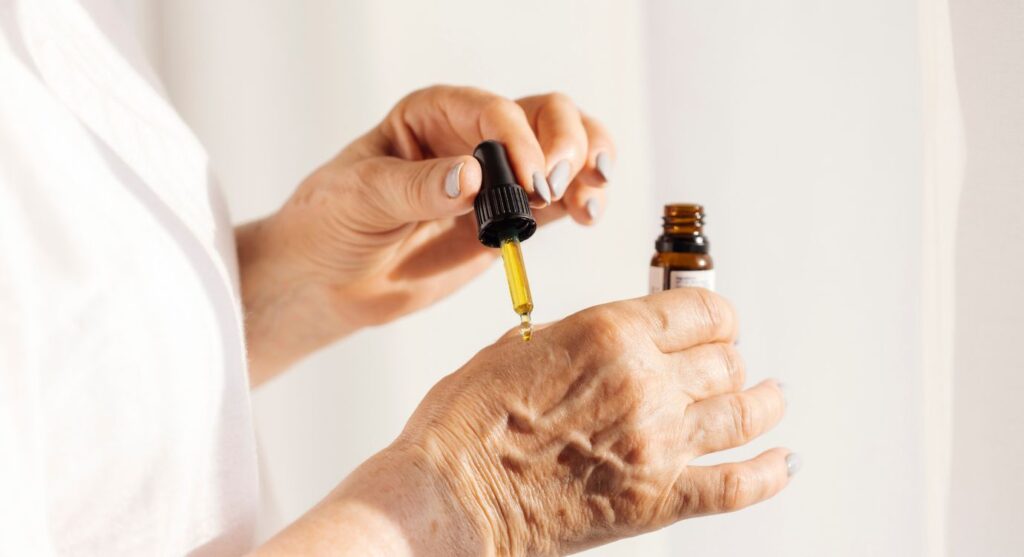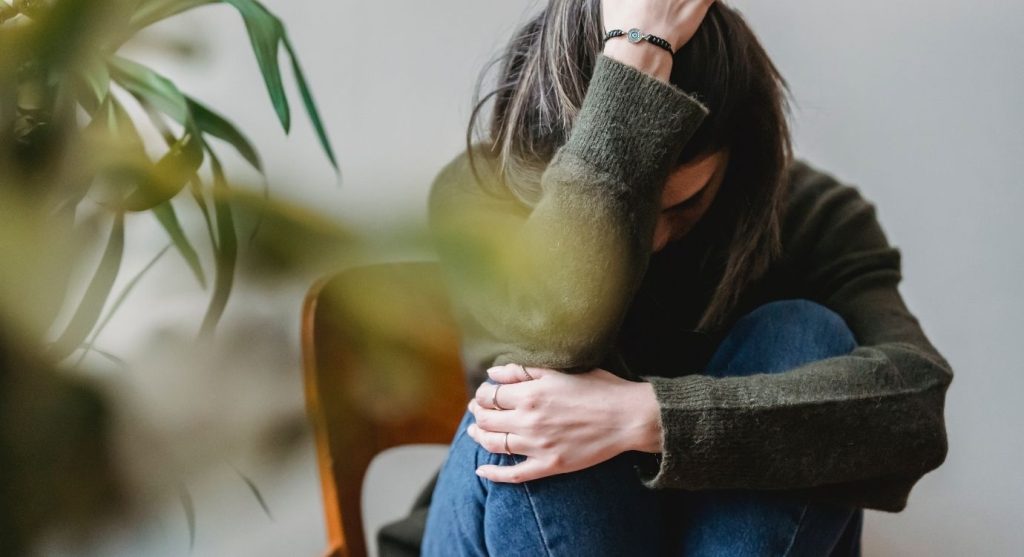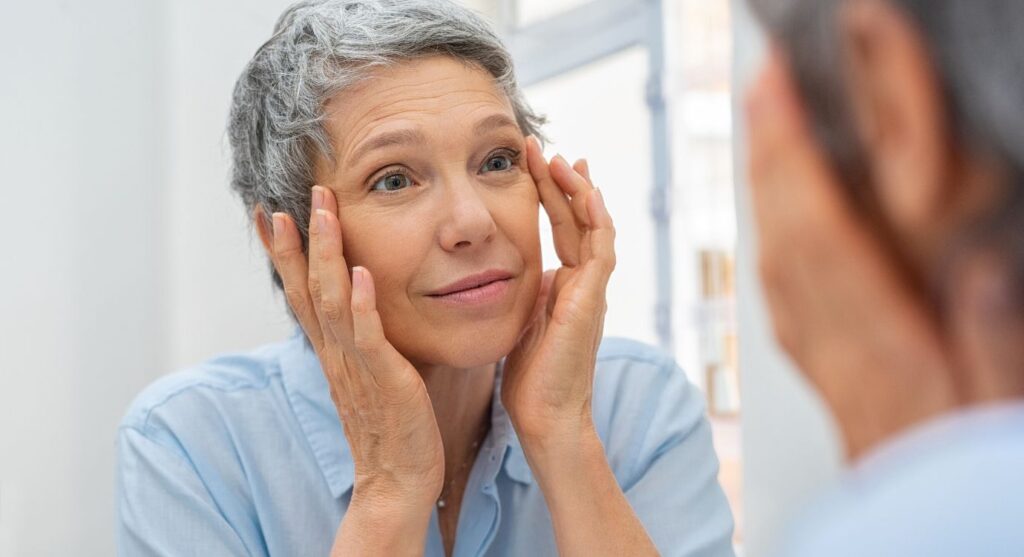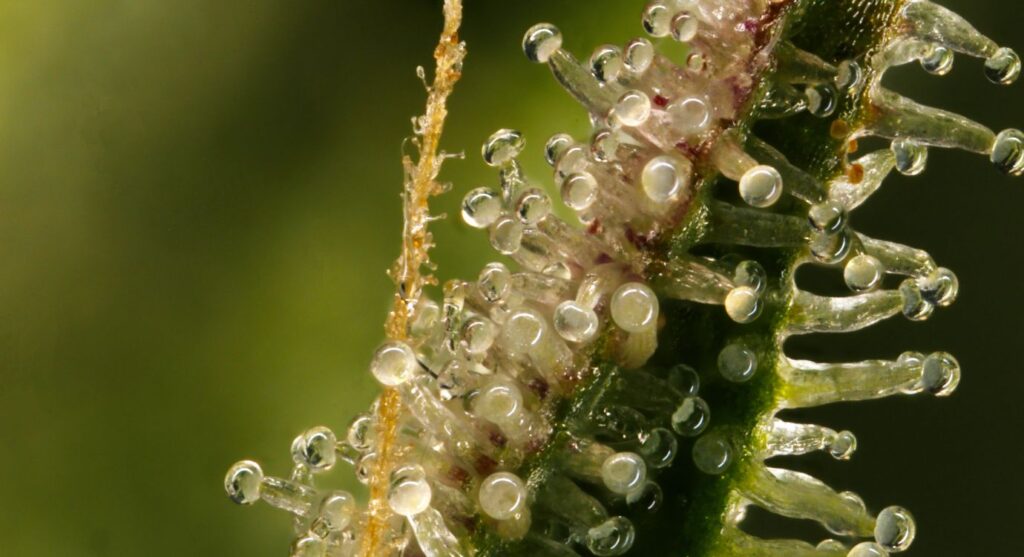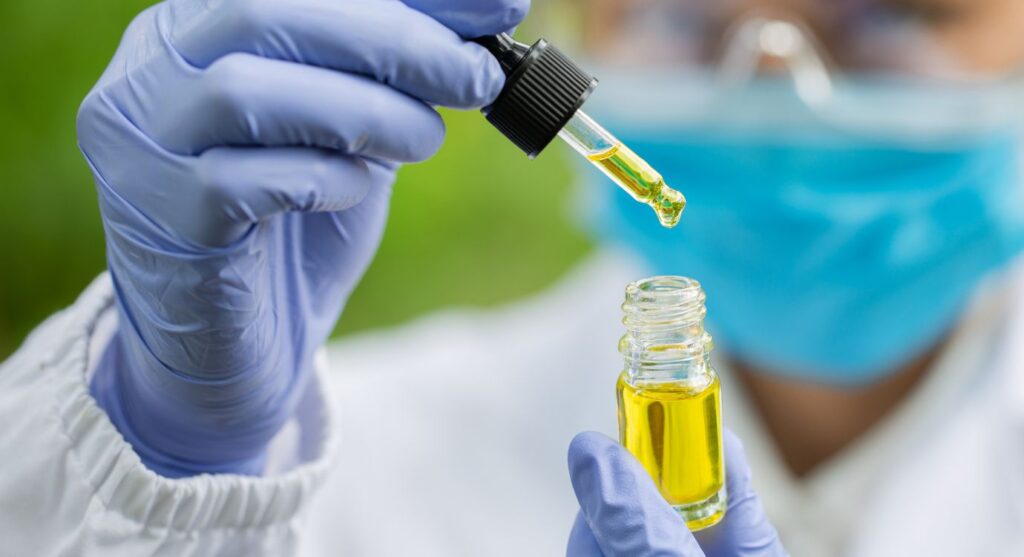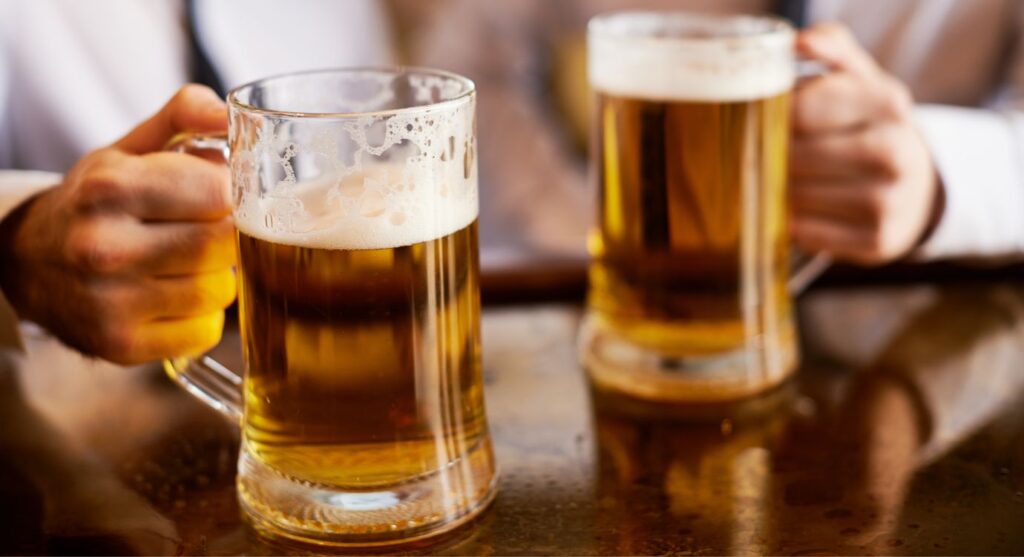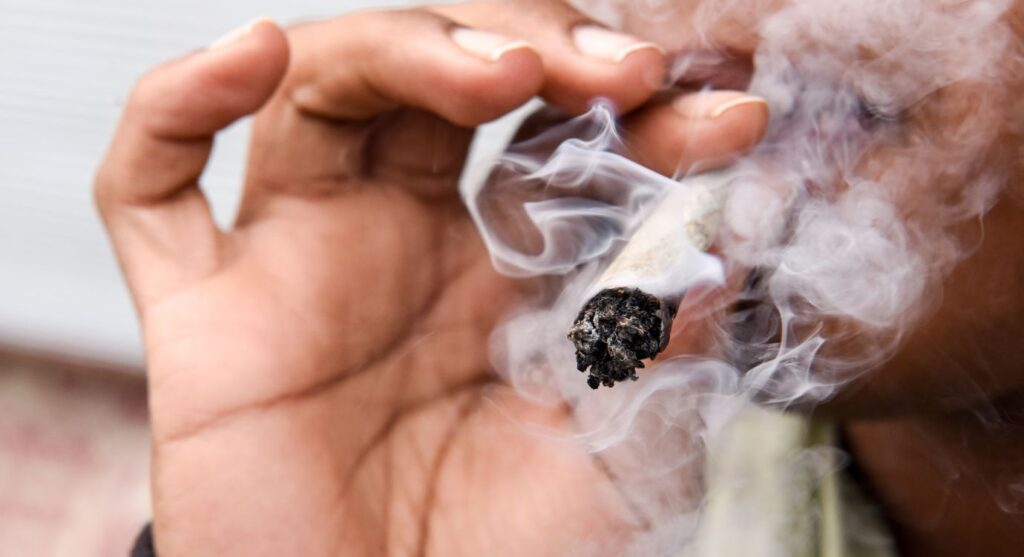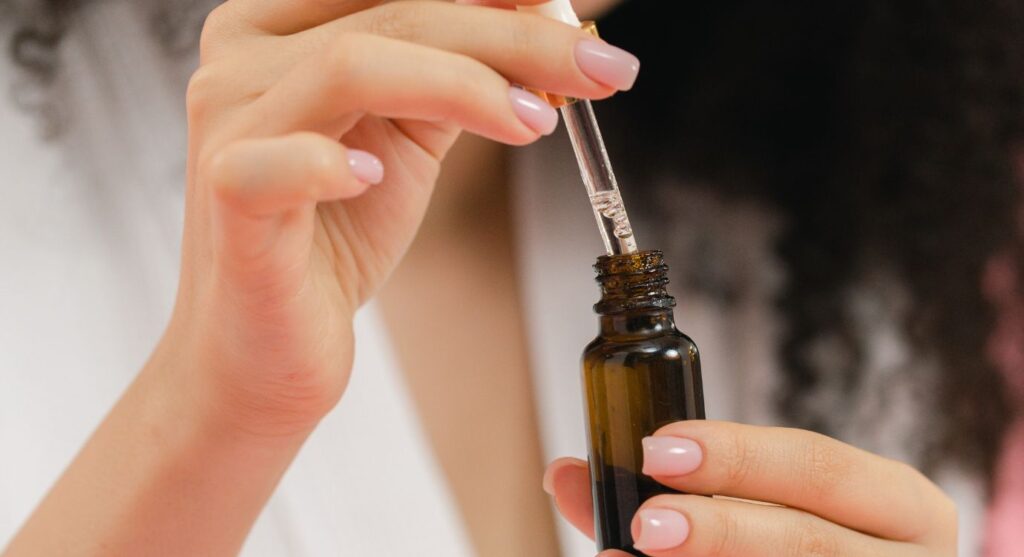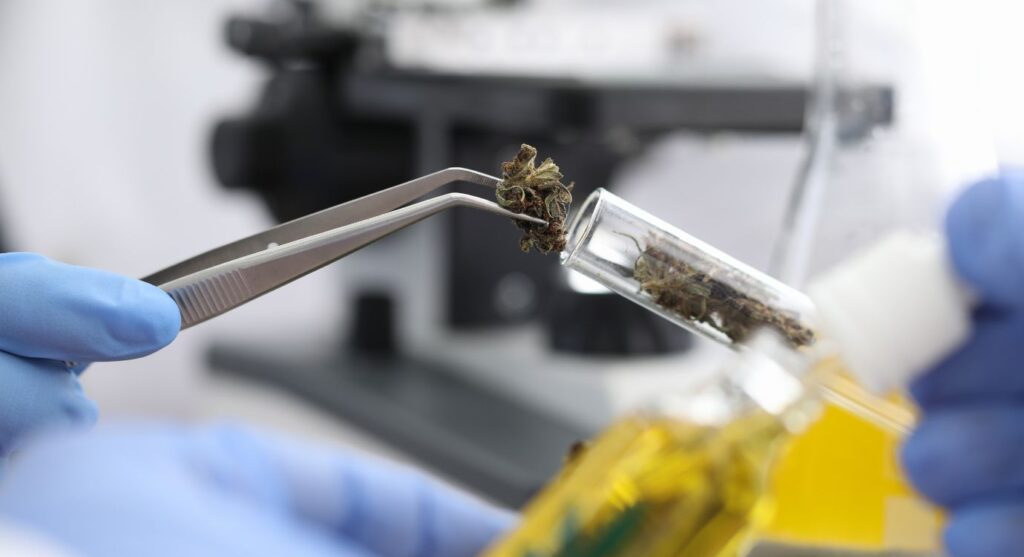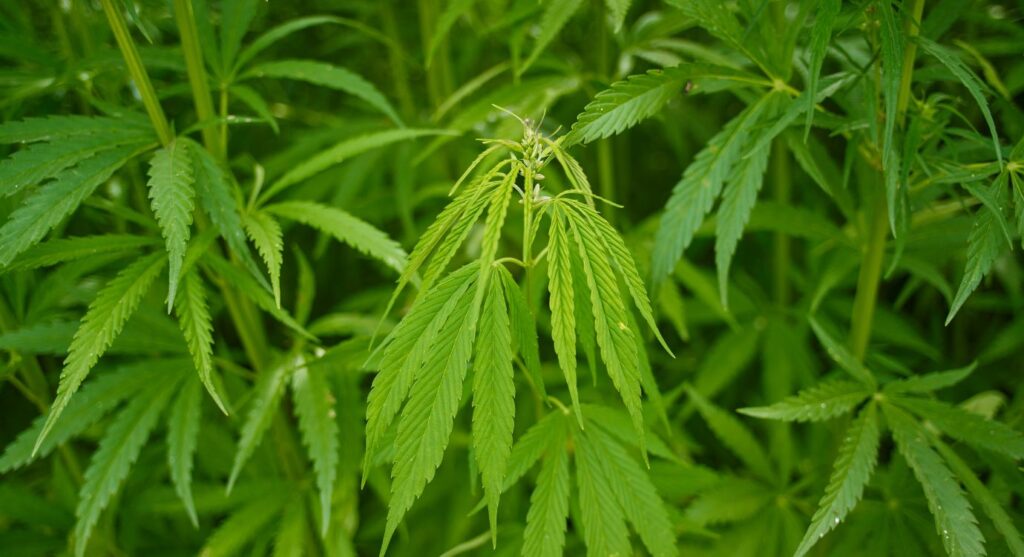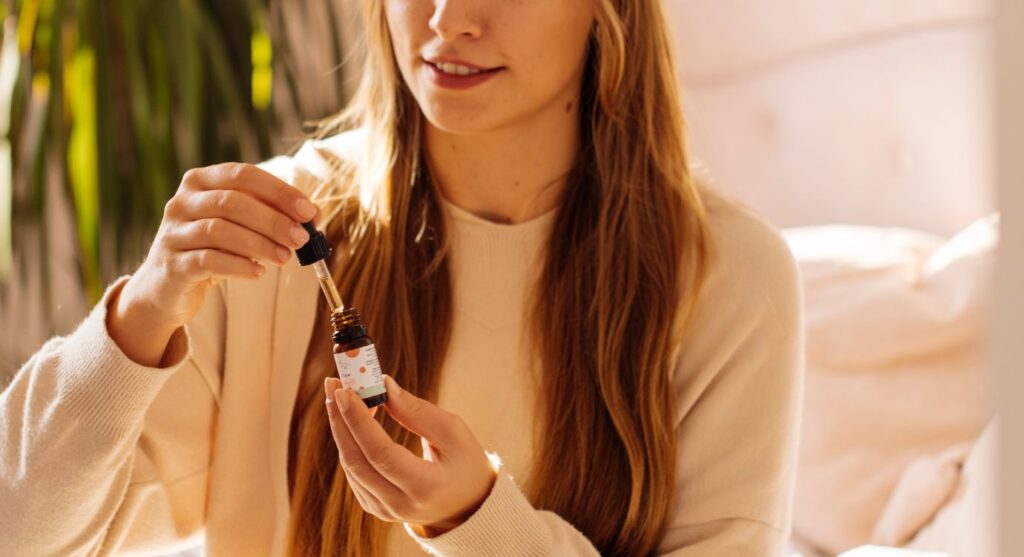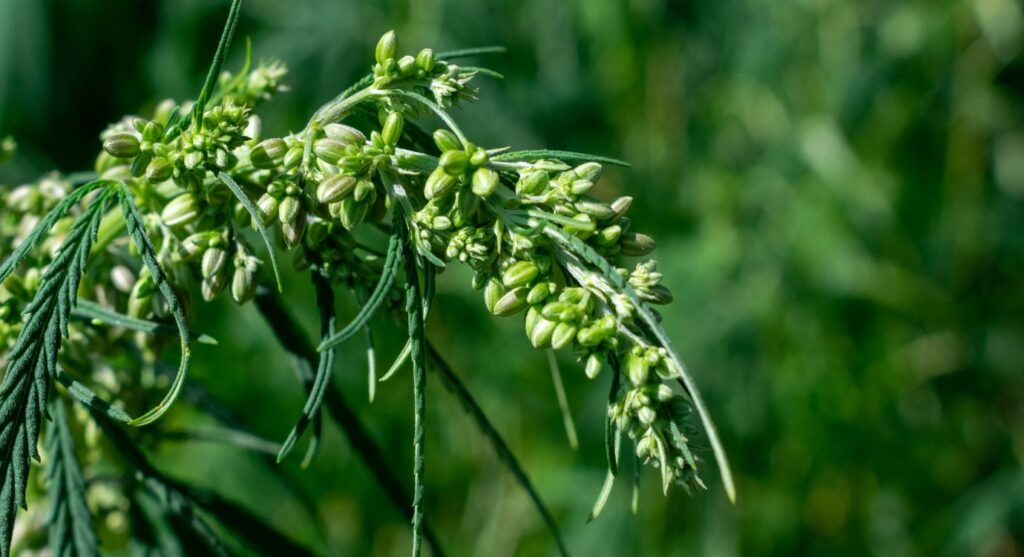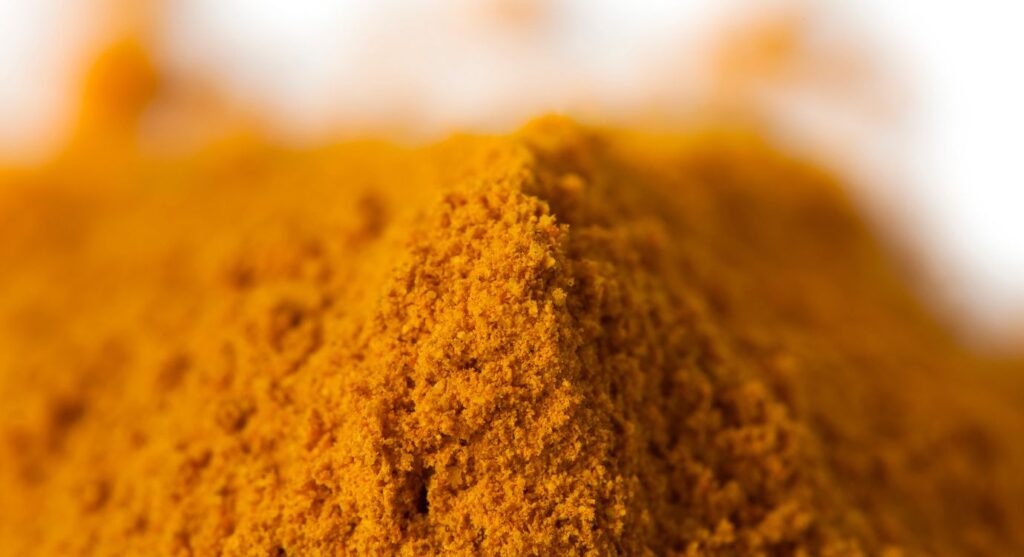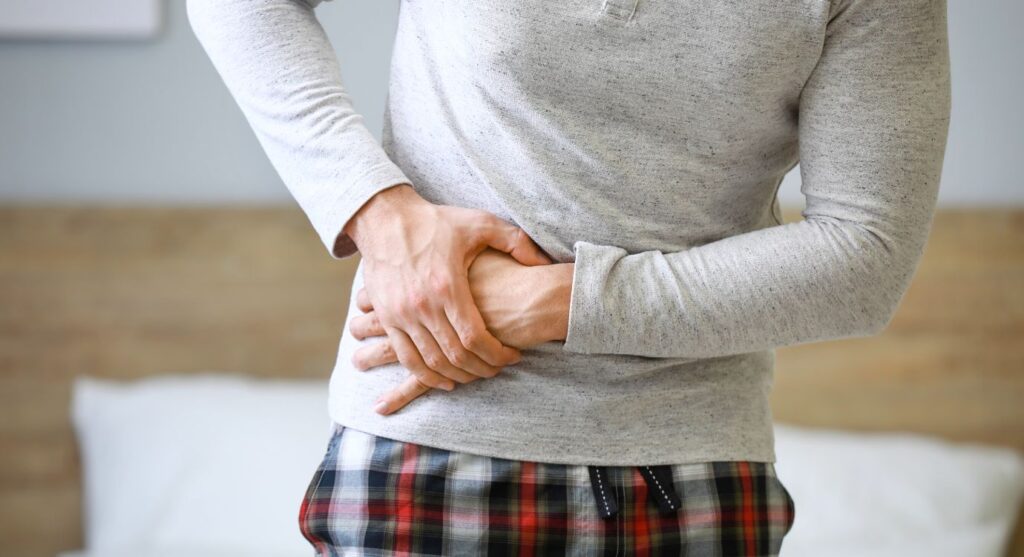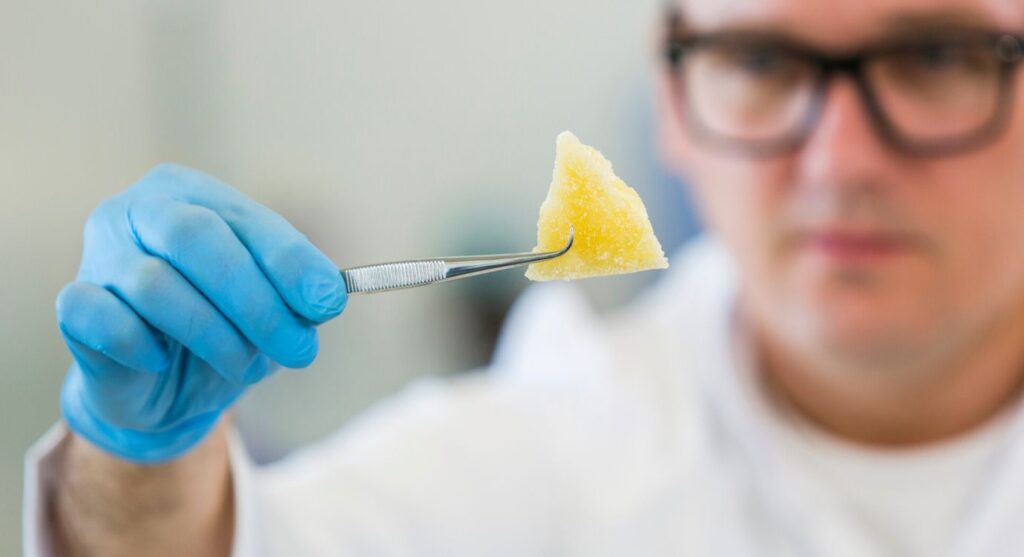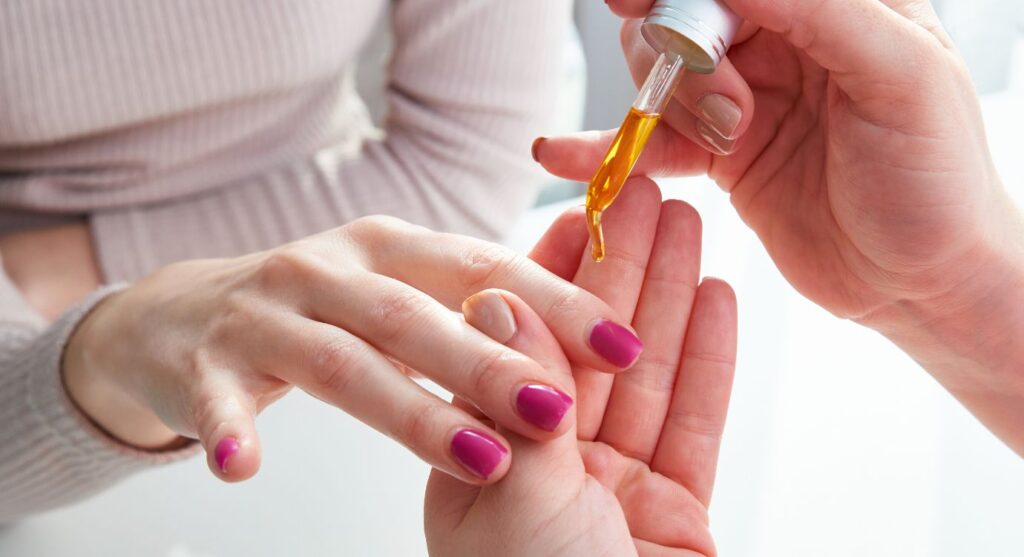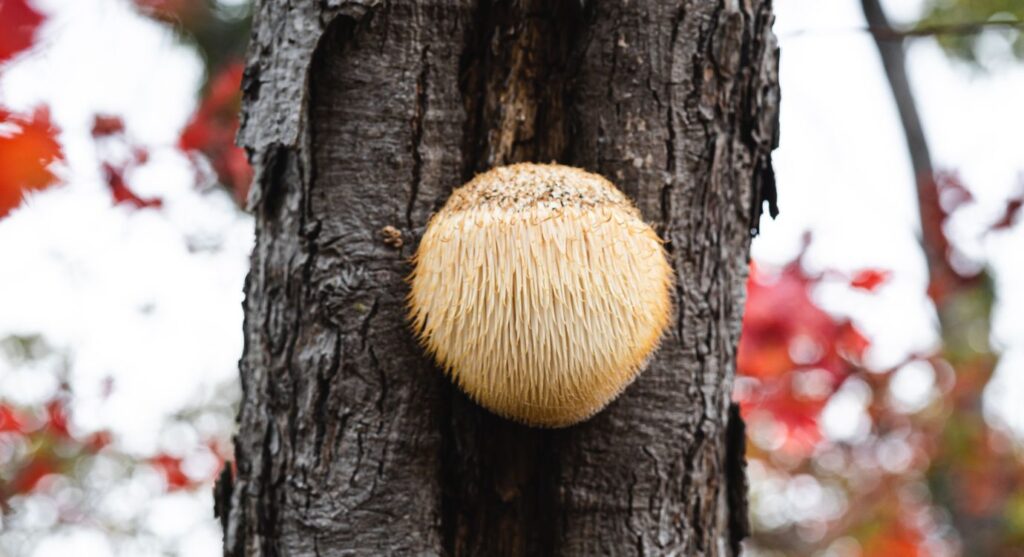Research shows that depression is one of the most prevalent mental health disorders in the UK, affecting around 1 in 6 adults. Notably, women are nearly twice as likely to experience depression at some point in their lives than men.
As awareness around general mental health and the importance of wellness has grown in the last decade, so has an understanding of depression.
While there is still a stigma around mental health, and the use of alternative remedies is still a topic of debate, many conversations can be had today that simply wouldn’t have happened some years ago.
That brings us to the topic of using CBD oil for depression.
While research and anecdotal evidence indicate that CBD can potentially help ease symptoms and experiences of depression, it cannot and should not be seen as a treatment for depression.
This article will consider the following:
- The link between CBD and depression
- The endocannabinoid system and its relationship with mental health
- How to choose the best CBD for depression
And more! Let’s take a look.
In this guide:
How does CBD oil for depression work?
Research indicates CBD may be useful in helping increase and boost general wellness.
CBD works by interacting with our CB1 and CB2 receptors, which are part of the endocannabinoid system, a complex network of neurotransmitters that control and determine many roles and functions in the body.
In particular, the endocannabinoid system (ECS) is responsible for maintaining homeostasis (or balance) in the body. If this isn’t maintained, human (and some animal!) bodies can react in several ways.
As research into CBD and the role of endocannabinoids in our general wellness has grown, many scientists and health professionals increasingly point to the link between an ‘out of wack’ or imbalanced ECS and several health problems and symptoms of both physical and mental health.
So, at the base level, CBD oil may help balance the ECS, thus improving wellness and negating symptoms of depression.
But apart from ECS interaction, does other research support the role of CBD oil and depression?
The answer isn’t clear-cut. This is likely more to do with the fact that research around CBD is still rather limited (due to drug scheduling and association with cannabis).
However, one study conducted in 2014 found CBD positively interacts with serotonin receptors in the brain.
This is significant due to longstanding beliefs in the medical and psychological spheres that depression and serotonin are closely linked. In particular, serotonin’s role in feelings of happiness and emotional well-being is often seen as a key fact in the treatment and diagnosis of depression.
Studies and theories around serotonin and depression led to the development of the majority of pharmaceutical treatments for depression available today, most notably SSRIs.
However, research indicates that longstanding perceptions of serotonin and depression may be misplaced.
How to use CBD for depression
With CBD and depression, we don’t quite have all the pieces to the puzzle. Almost all of the research on the subject has been conducted on animals rather than humans.
There’s not enough supporting evidence to support any one type of CBD consumption which may be superior to others, at least in terms of depression.
However, if you’re looking to use CBD to help with depression, there are a few different ways to consume the cannabinoid.
You can consume CBD via
- Oils and tinctures
- Edibles ad beverages
- Capsules
- Topicals, such as lotions and body oils
- Vapes
While there aren’t any specific guidelines around taking CBD for depression, the following tips apply to both depression and consuming CBD more generally.
If using CBD topically, little to no CBD will reach your bloodstream. Topical CBD targets pain or discomfort in a specific spot, such as eczema or arthritis.
So, if taking CBD for depression (or other internal conditions), it’s best to choose a different form of CBD.
Oil and capsules are both excellent options for consuming CBD. Users can choose between broad-spectrum and full-spectrum products and CBD isolates.
Read more: CBD oil vs capsules
We recommend broad or full spectrum, as users will benefit from the entourage effect and thus extract the most benefits of CBD.
While CBD vapes are very fast-acting, only CBD isolate can be vaped. This means that, as mentioned above, users will only be consuming isolates and not experiencing the maximum goodness from their CBD supplement.
No matter what type of CBD you buy, it’s really important to buy a high-quality CBD product from a reputable brand. This will ensure you know exactly what you are consuming, the product’s origins, and its respective safety.
10% off on your first order
Complete this one-minute quiz and find the right products for you.
How much CBD for depression?
If you’re looking to try CBD for depression, the first point to reiterate is that CBD can’t cure depression. It’s not a medicine and shouldn’t be treated as such.
However, in supporting overall wellness, it may benefit people suffering from depression or experiencing depressive thoughts and feelings.
But how much should you take? Again, there’s no absolute answer specific to depression here, mainly because of the lack of human studies.
But, there is some data we can take from studies around CBD and anxiety which may help.
Read more: CBD oil for anxiety
As depression and anxiety are often experienced concurrently, there is legitimacy in using anxiety doses as a benchmark.
But here, too, the relative successes of studies and dosages vary.
One study gave participants a single dose of 300mg of CBD before a simulated public speaking test and found that anxiety levels in participants significantly decreased.
Meanwhile, the FSA, which regulates CBD in the UK, advises that adults take no more than 70mg of CBD daily.
What’s clear is that there are differing opinions about the best dose of CBD for many conditions, including depression.
One thing to note is that, in general, the more severe the condition (and the more imbalanced the ECS), the more CBD is needed to restore harmony and wellness in the body. However, this doesn’t mean individuals should take huge doses of CBD and expect instant results.
Always start low and slow, and remember consistency is most important for results.
Most importantly, consult a doctor or medical professional before integrating CBD into a wellness routine. They will best advise you on the dosage right for you.
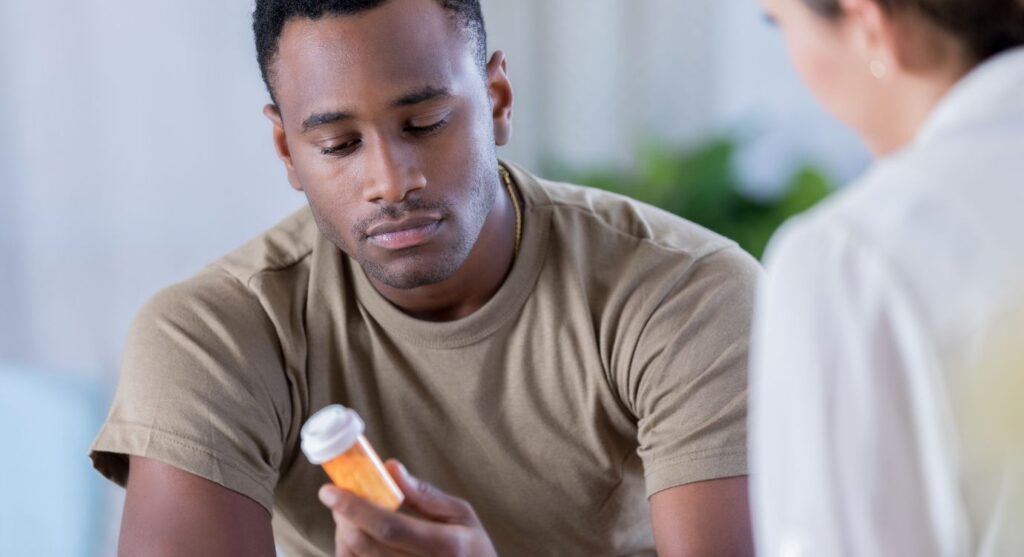

How long does it take for CBD oil to work on depression?
Unfortunately, as we hinted above, CBD isn’t a magic cure for depression. You can’t take a few drops one evening and expect to see or feel any benefits.
However, CBD oil may help ease symptoms of depression and boost overall wellness, likely within a month of taking regular, daily doses.
Again, research and studies vary: the study we mentioned above around test anxiety indicated an instant benefit to CBD. While with other conditions, it can take up to three months of regular CBD consumption for individuals to notice a difference.
Read more: How long does CBD take to work?
Side effects of using CBD for depression
CBD is generally considered to be very safe. On rare occasions, taking CBD can provoke diarrhoea, changes in weight or appetite, and nausea or vomiting.
If you’re looking to take CBD to help with depression, it’s crucial to consider whether CBD might interact with the medication you’re currently taking.
If you take any medication that comes with a grapefruit warning, CBD could interfere with that medication – either by worsening its side effects or by interacting with the liver and thus causing your body to process medications differently.
Read more: Is CBD oil bad for your liver?
Many antidepressant medications do carry grapefruit warnings, so while this doesn’t mean you are banned from consuming CBD, always do a triple-check to ensure you are safe.
In addition, it is really important that you speak with a medical professional before consuming CBD, so they can guide you are the best way to consume both CBD and your medication without coming to any harm or the effect of your medication being impeded.
If you’re looking to stop taking antidepressants, always remember the risks of replacing or discontinuing antidepressant medications without checking in with a healthcare professional. It’s important and safe to be guided through the process.
CBD isn’t a replacement for antidepressants, as it’s not a medically approved treatment.
Frequently asked questions:
Is CBD like an antidepressant?
Animal studies have shown CBD to have some antidepressant properties. However, it is not like a pharmaceutical antidepressant in the traditional sense.
Is CBD better than antidepressants?
No, CBD isn’t “better” than antidepressants. They are different entities. Antidepressants are medically approved treatments for depression, while CBD is merely a supplement that may help ease symptoms for some people.
Summary
CBD is increasingly popular – popping up in all sorts of products and wellness rituals and is a staple in many of our day-to-day routines. Unfortunately, at present, there’s not a plethora of researched-backed evidence which points to CBD definitely being viable as a treatment for depression.
Animal research does suggest that CBD has antidepressant properties, but these need to be studied in more detail and better understood before any CBD-based treatments for depression come to market.
At the moment, supplementing CBD alongside other strategies (which might include taking medication or therapy) does look to be of benefit to some people.
However, everyone is different, and, as emphasised above, adding any new supplements to a health and wellness routine should be done with caution, particularly if you are taking other medications.


